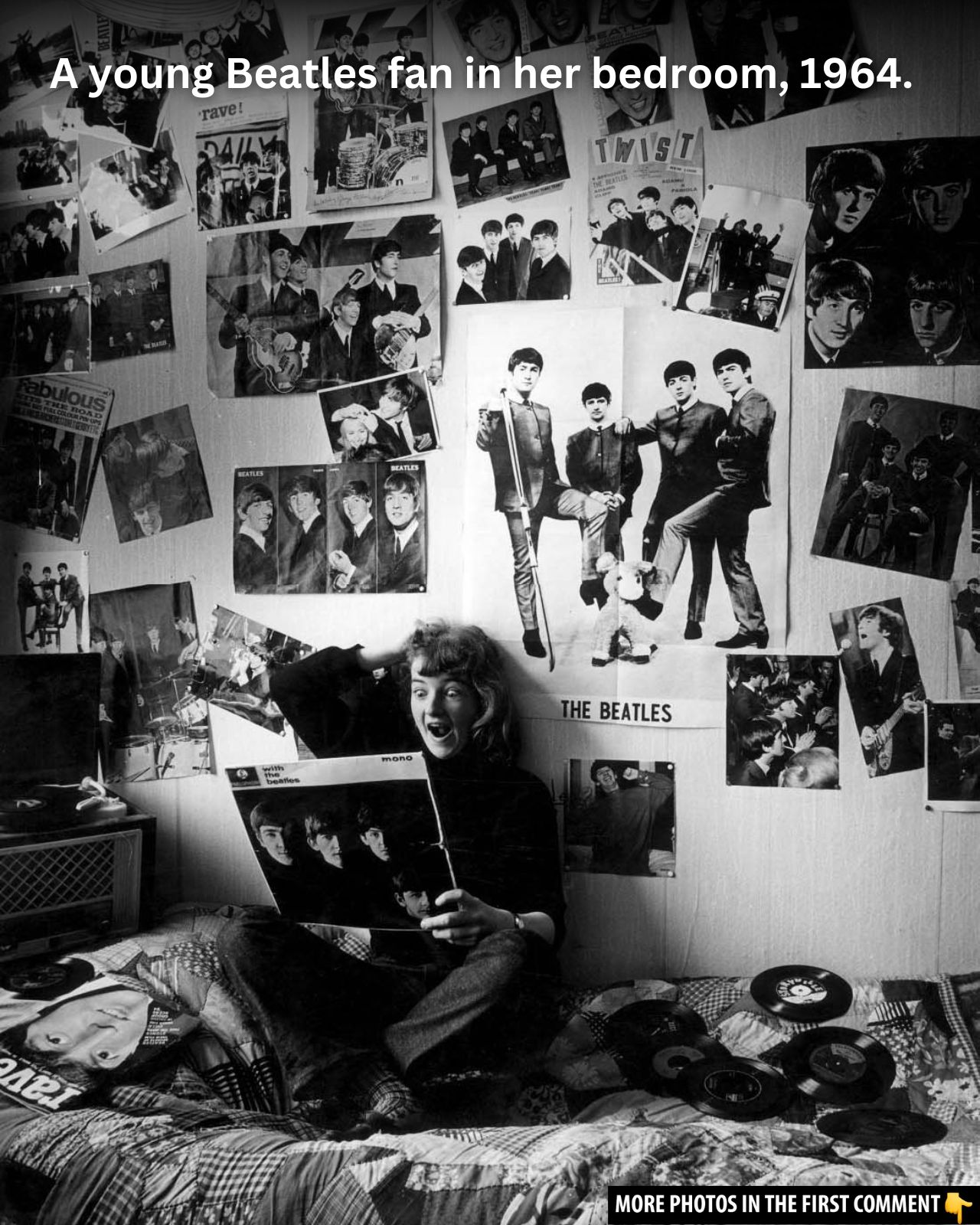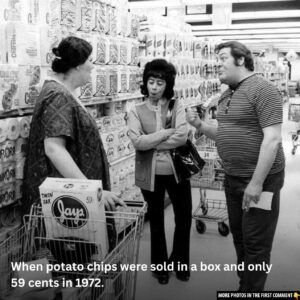In 1964, a seismic shift occurred in the world of music. A young band from Liverpool, England, had managed to conquer not only their home country but also the United States in an unprecedented way. This wave of adoration, devotion, and hysteria that followed the Beatles wherever they went became a cultural force known as Beatlemania. It was a period of transformation for both the band and their fans, marking the dawn of a new era in popular music and youth culture. The legacy of Beatlemania lives on, shaping the music industry and the societal norms of the 1960s and beyond.
The Rise of The Beatles in 1964
Unprecedented Success in the UK and the US
By early 1964, the Beatles were already a household name in the United Kingdom. However, their breakthrough in the United States was nothing short of explosive. When they arrived in America, their infectious tunes and undeniable charisma captivated audiences, making them a global sensation. This was the beginning of Beatlemania, a phenomenon that would change the course of music history forever.
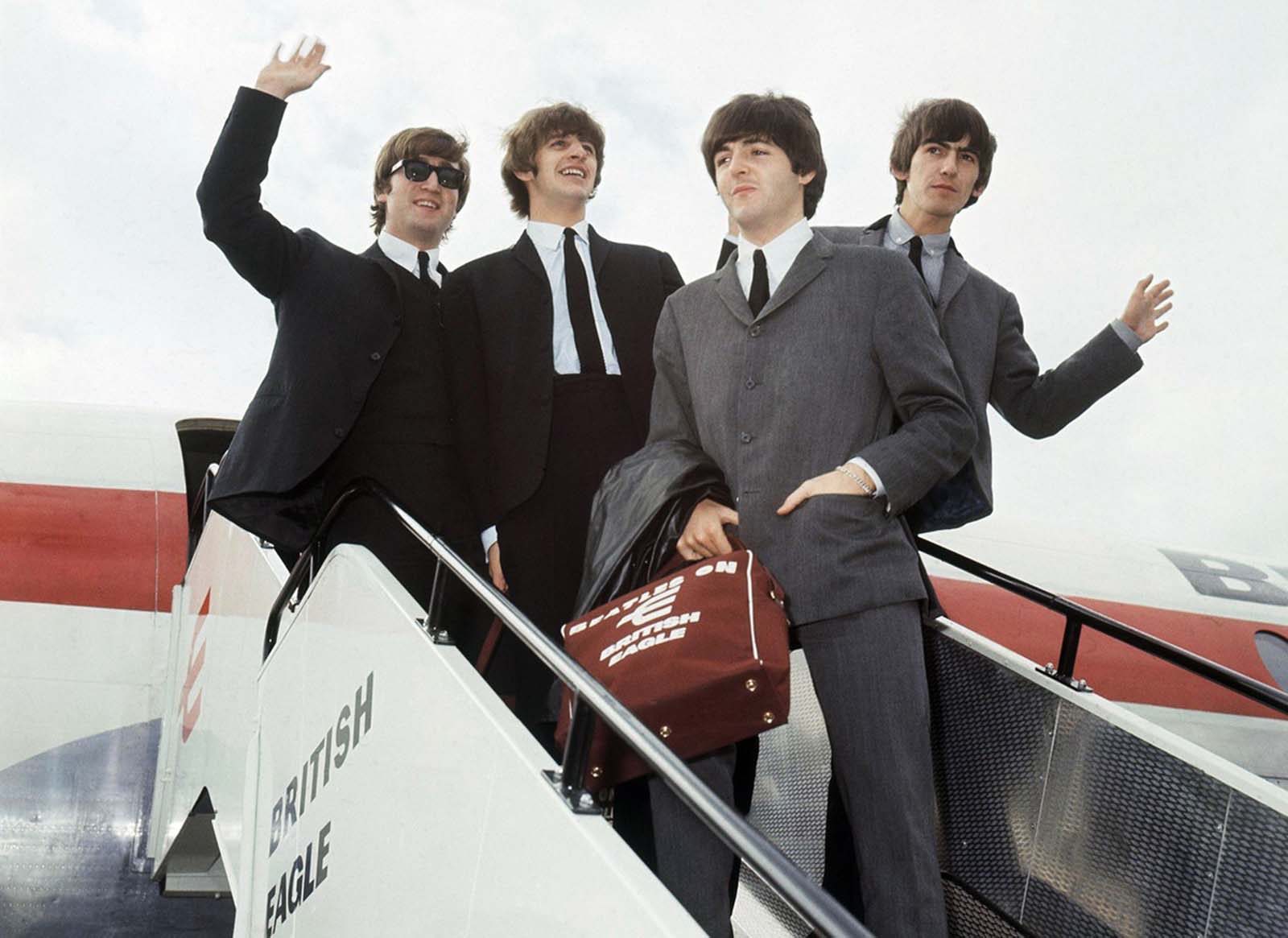
The Ed Sullivan Show Performance
On February 9, 1964, the Beatles made their American television debut on The Ed Sullivan Show. This moment would go down in history as one of the most significant cultural events of the 20th century. An estimated 73 million viewers watched the band perform, marking the first major televised event for the group. It was the perfect storm of television, music, and youthful energy, sparking an unstoppable rise to fame that left an indelible mark on American culture.
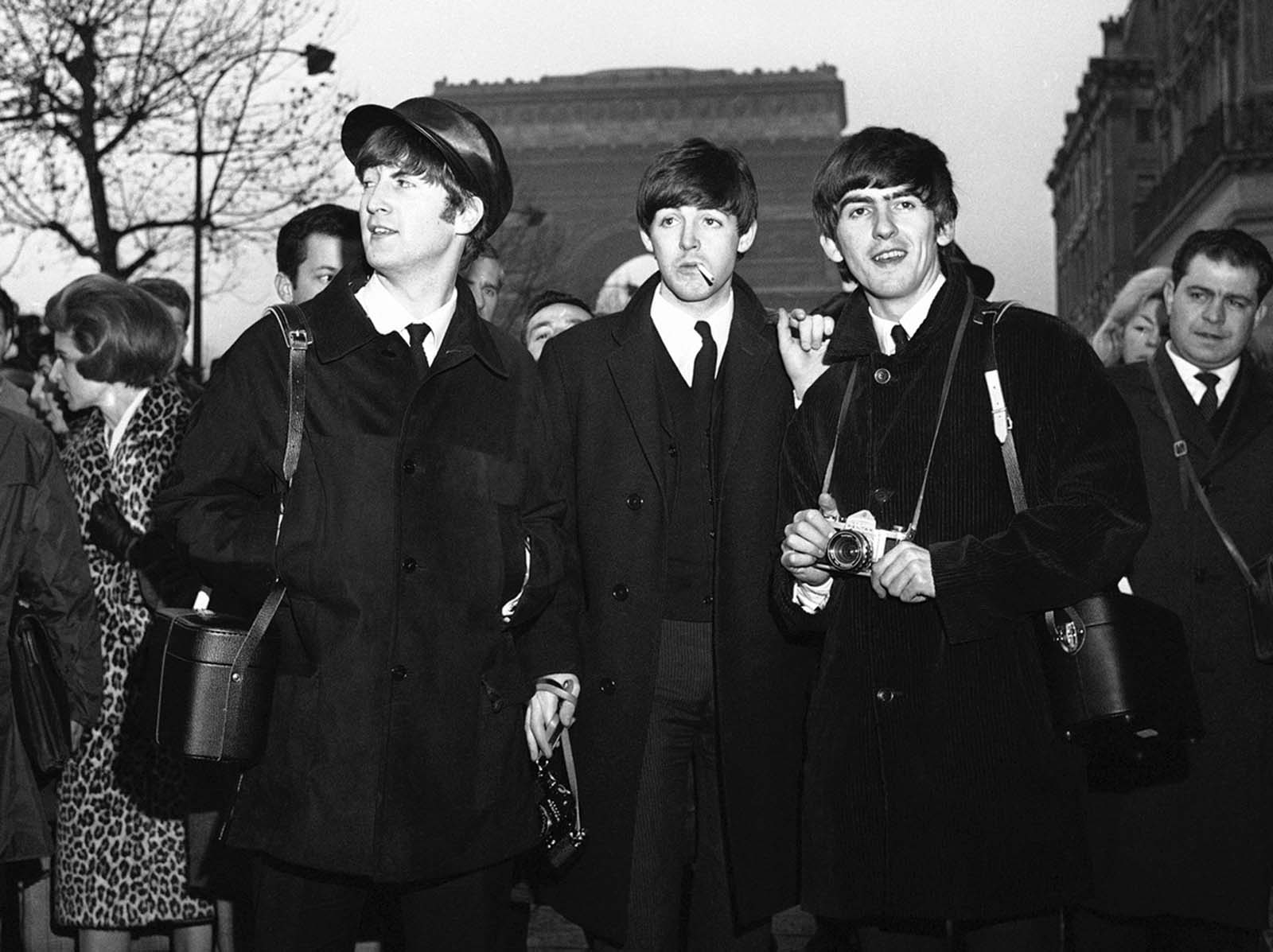
A Billboard Hot 100 Takeover
In the months following their appearance on The Ed Sullivan Show, the Beatles dominated the Billboard Hot 100 charts. By April 1964, they held the top five spots on the chart with hits like “Can’t Buy Me Love,” “Twist and Shout,” and “She Loves You.” This level of chart dominance was unprecedented, and it cemented their status as the most important musical act of the era.
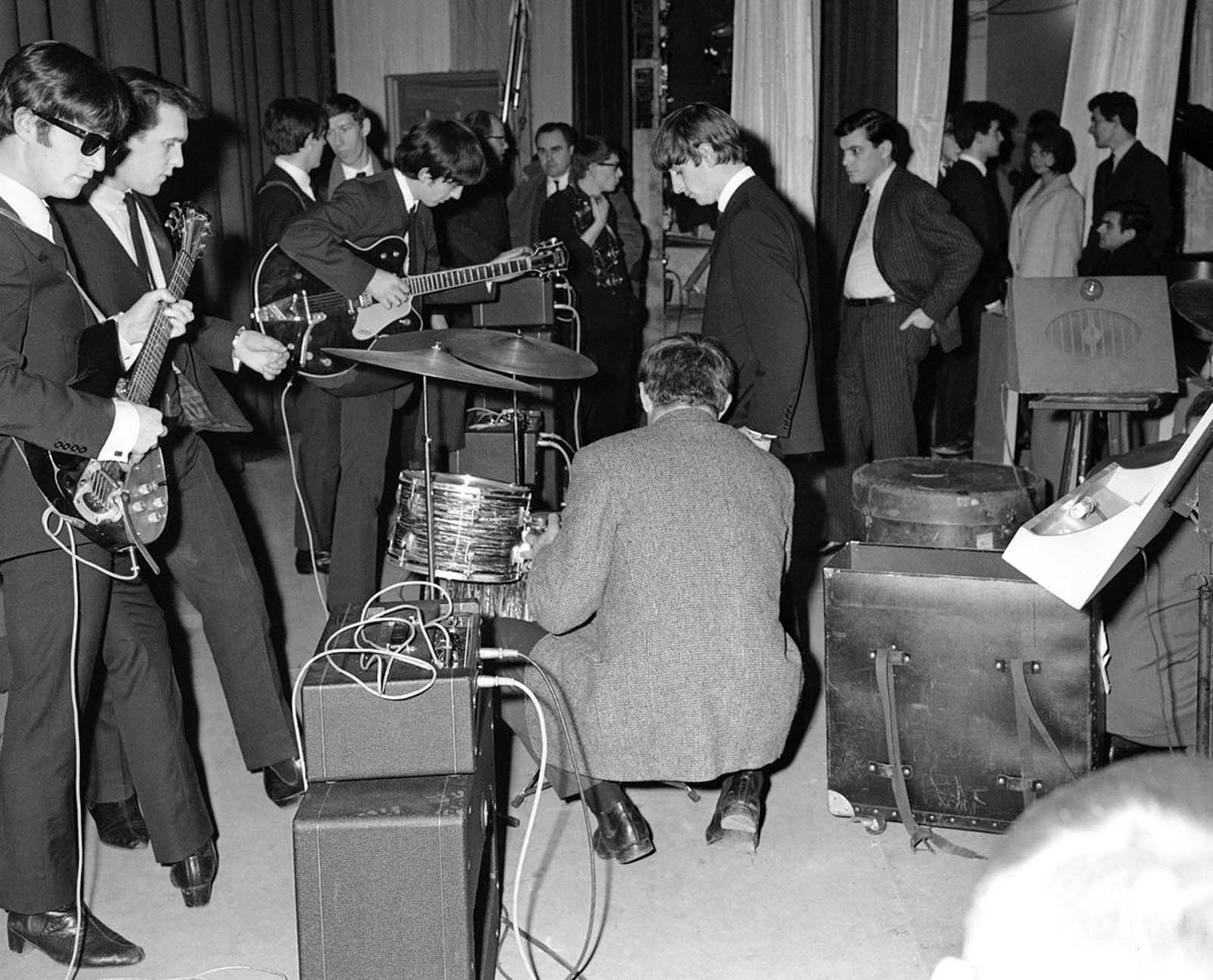
Video
Watch the video for a taste of Beatlemania in the 1960s – it’s a thrilling look at the Beatles’ cultural impact!
The Shea Stadium Concert: A Milestone in Live Performances
The First Major Outdoor Concert
The Beatles’ 1965 concert at Shea Stadium in New York City marked another milestone in their already legendary career. On August 15, they performed in front of 55,000 fans, making it the largest crowd the Beatles had ever played to. This was the first time a major rock band had performed in a stadium of this size, setting the stage for future large-scale concerts in the rock music industry.
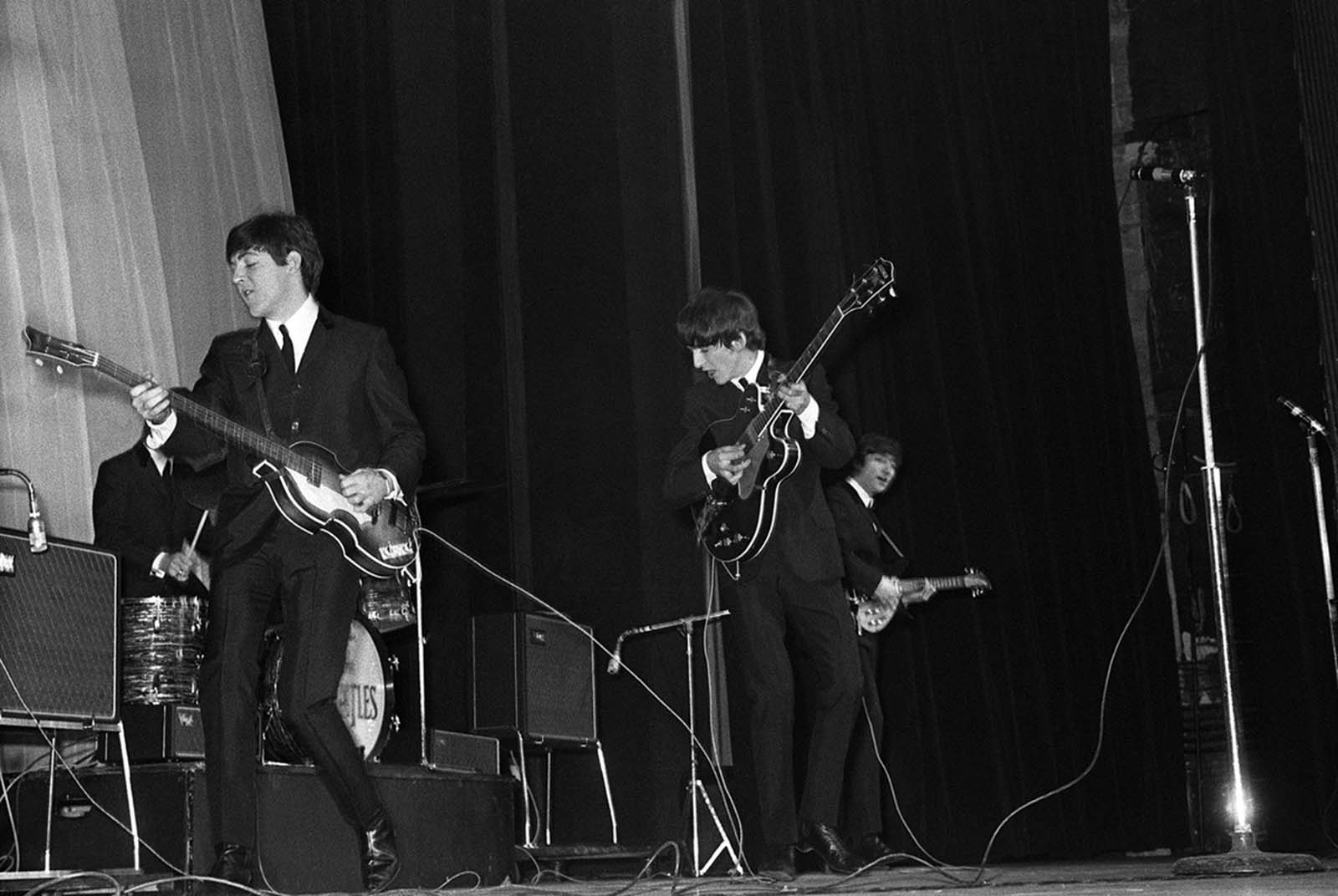
Fans and Police: The Chaos of Beatlemania
The excitement surrounding the Beatles’ Shea Stadium performance reached a fever pitch. The crowd was so enthusiastic and out of control that police had to resort to using fire hoses to manage the chaos. The incident underscored just how far-reaching Beatlemania had become—millions of fans were desperate to get as close as possible to their idols, sometimes with overwhelming results.
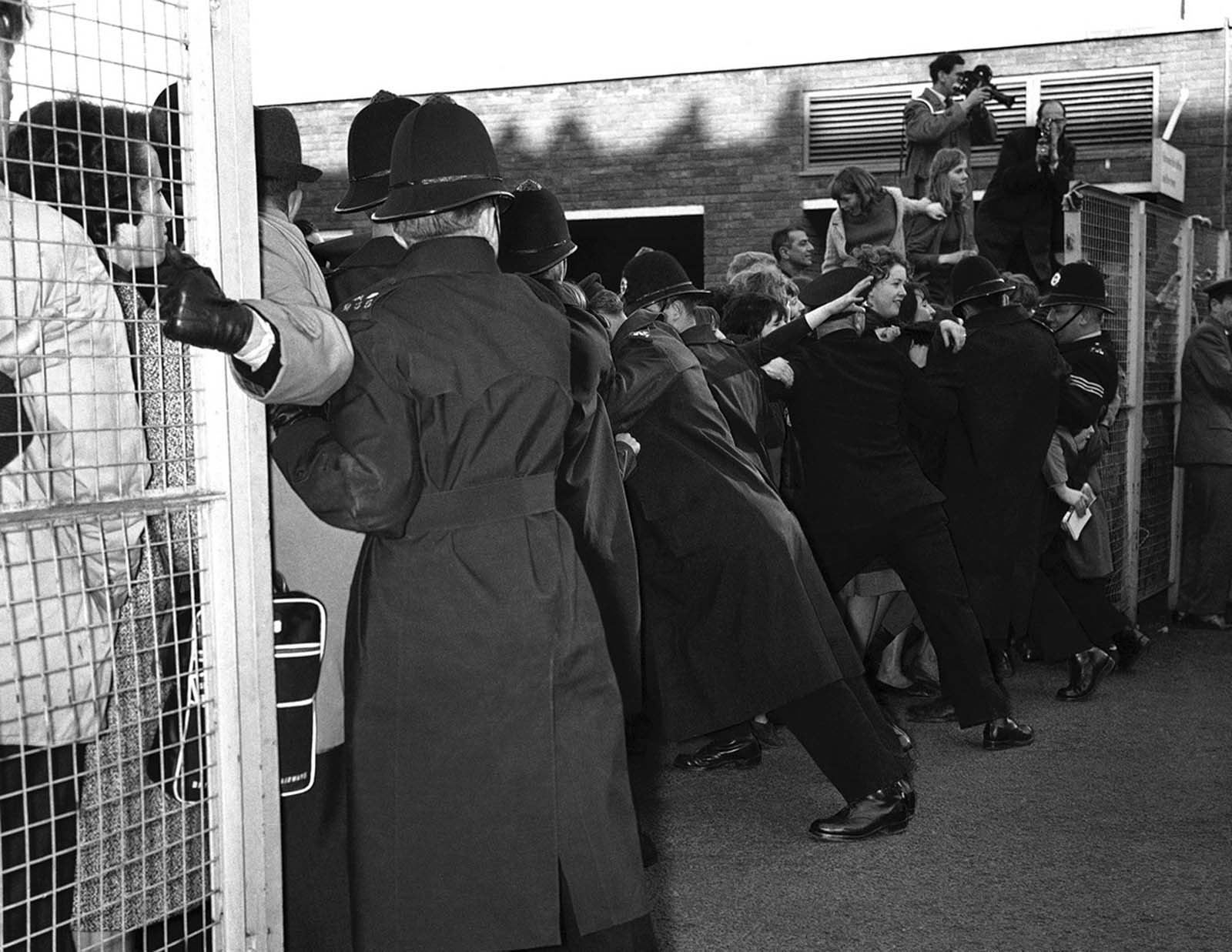
The Cultural Impact of Beatlemania
The Beatles and Teenage Girls in Britain
For many young girls in Britain, the Beatles represented more than just a musical sensation—they symbolized freedom, rebellion, and a new wave of self-expression. The Beatles were among the first cultural icons to be adored by young women in such large numbers. Their carefree attitude and disregard for societal norms gave teenage girls a sense of power and agency in a world that was just beginning to recognize their influence.
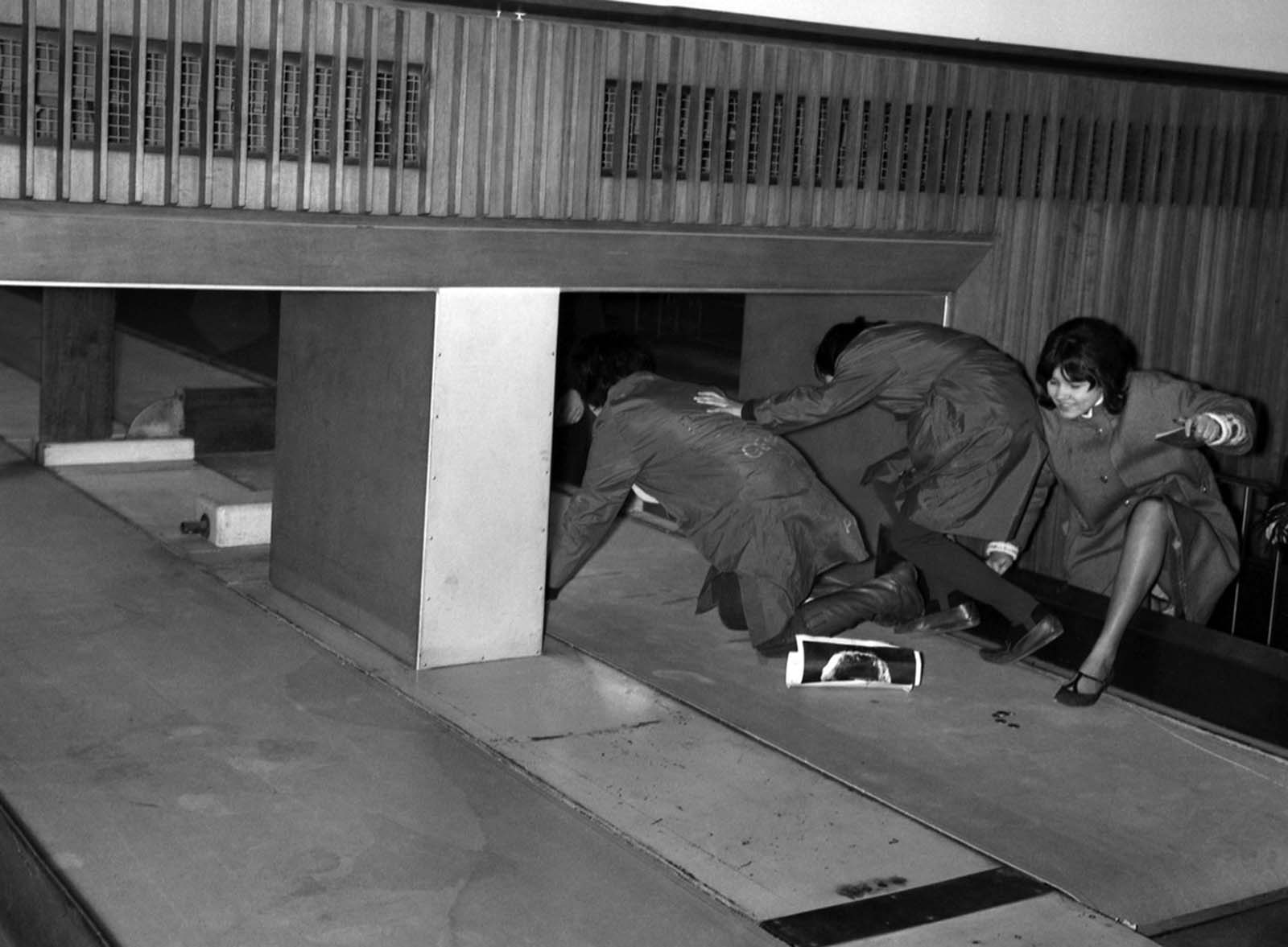
Bob Stanley’s View on Beatlemania as a “Final Liberation”
In his reflections on the Beatlemania phenomenon, author and musician Bob Stanley described the Beatles’ breakthrough as a “final liberation” for Britain’s youth. He argued that their rise to fame coincided with the end of National Service, marking a significant cultural shift for the country. The Beatles, in Stanley’s view, effectively symbolized the end of World War II in Britain, signaling the beginning of a new era characterized by youthful freedom and cultural transformation.
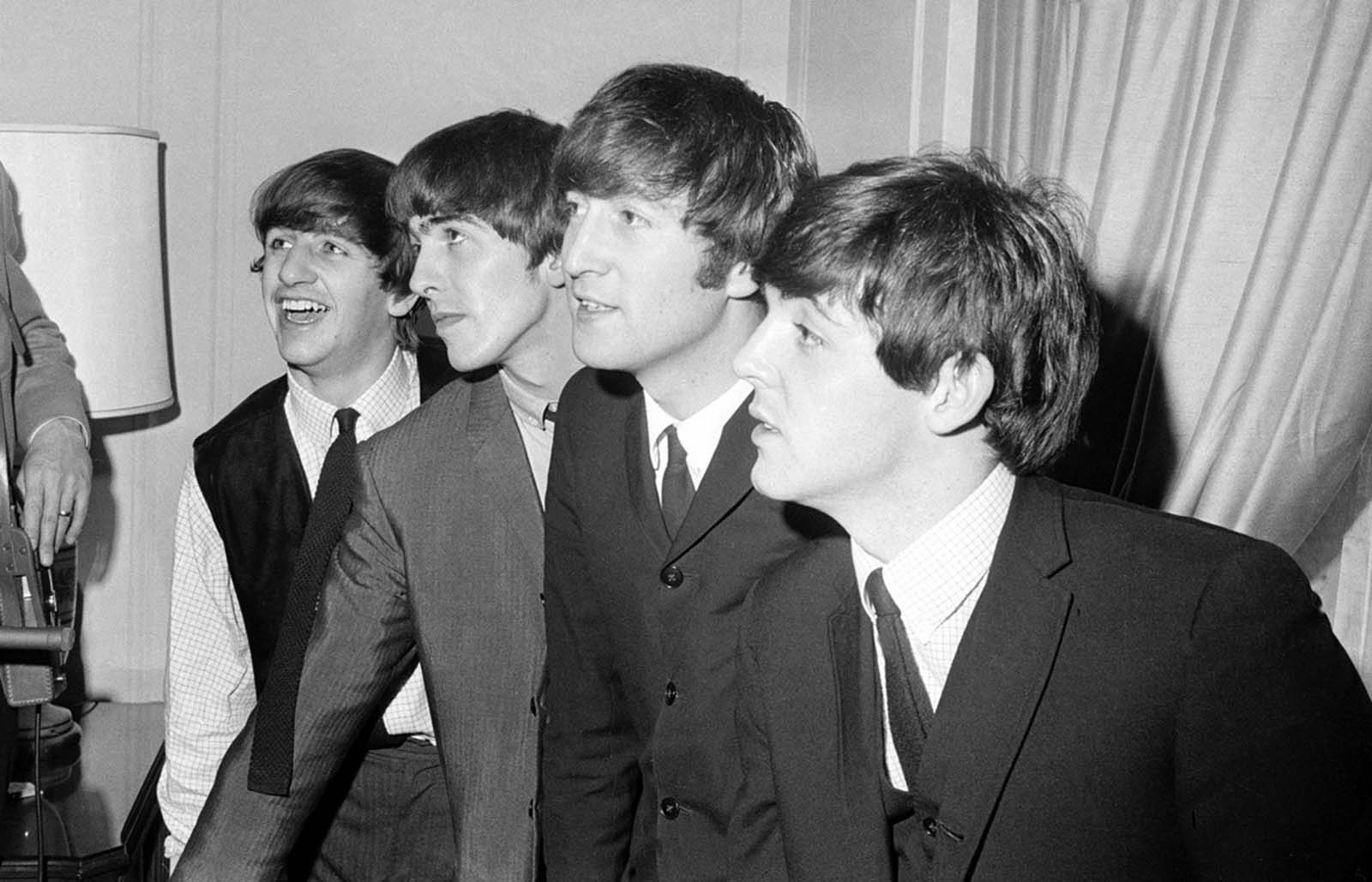
The Controversies and Backlash
John Lennon’s “More Popular Than Jesus” Comment
By 1966, the Beatles had become so influential that their every word and action was scrutinized by the public. In a controversial interview, John Lennon famously stated that the Beatles were “more popular than Jesus now.” This comment sparked outrage, especially in the United States, where religious groups and conservative citizens denounced him for insulting Christianity. The backlash led to protests, record burnings, and a media firestorm, marking the beginning of a turbulent phase for the band.
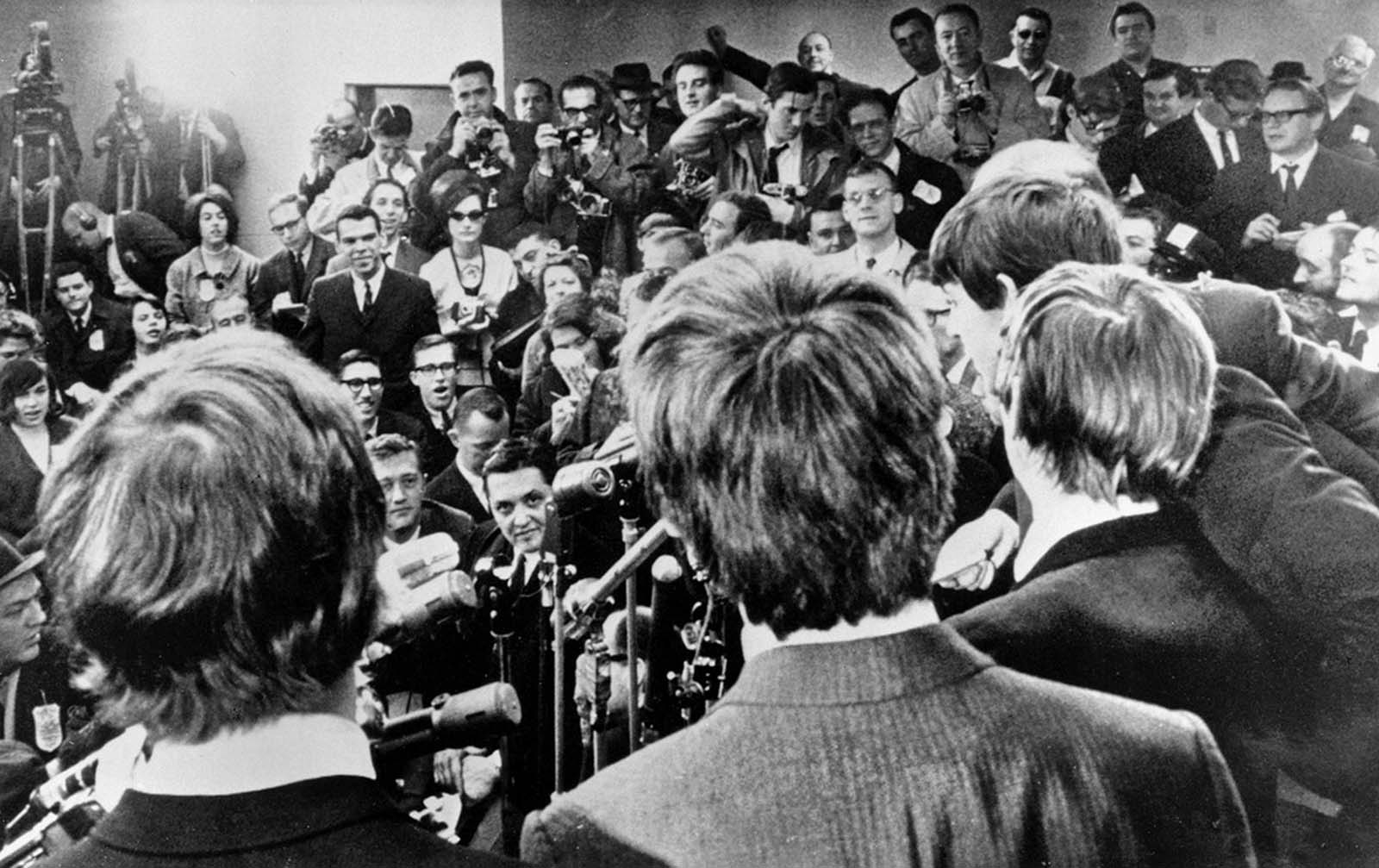
The Decline of Beatlemania
In the wake of Lennon’s remark and the increasing pressures of fame, the Beatles began to feel the weight of their status. Their tours became more difficult to manage due to constant security threats, violence from fans, and growing tensions with the media. In 1966, the band made the decision to stop touring altogether, retreating into the studio to focus on creating new music. This move was initially met with skepticism, as many believed it would lead to a decline in the Beatles’ popularity. However, their next phase would prove them wrong.
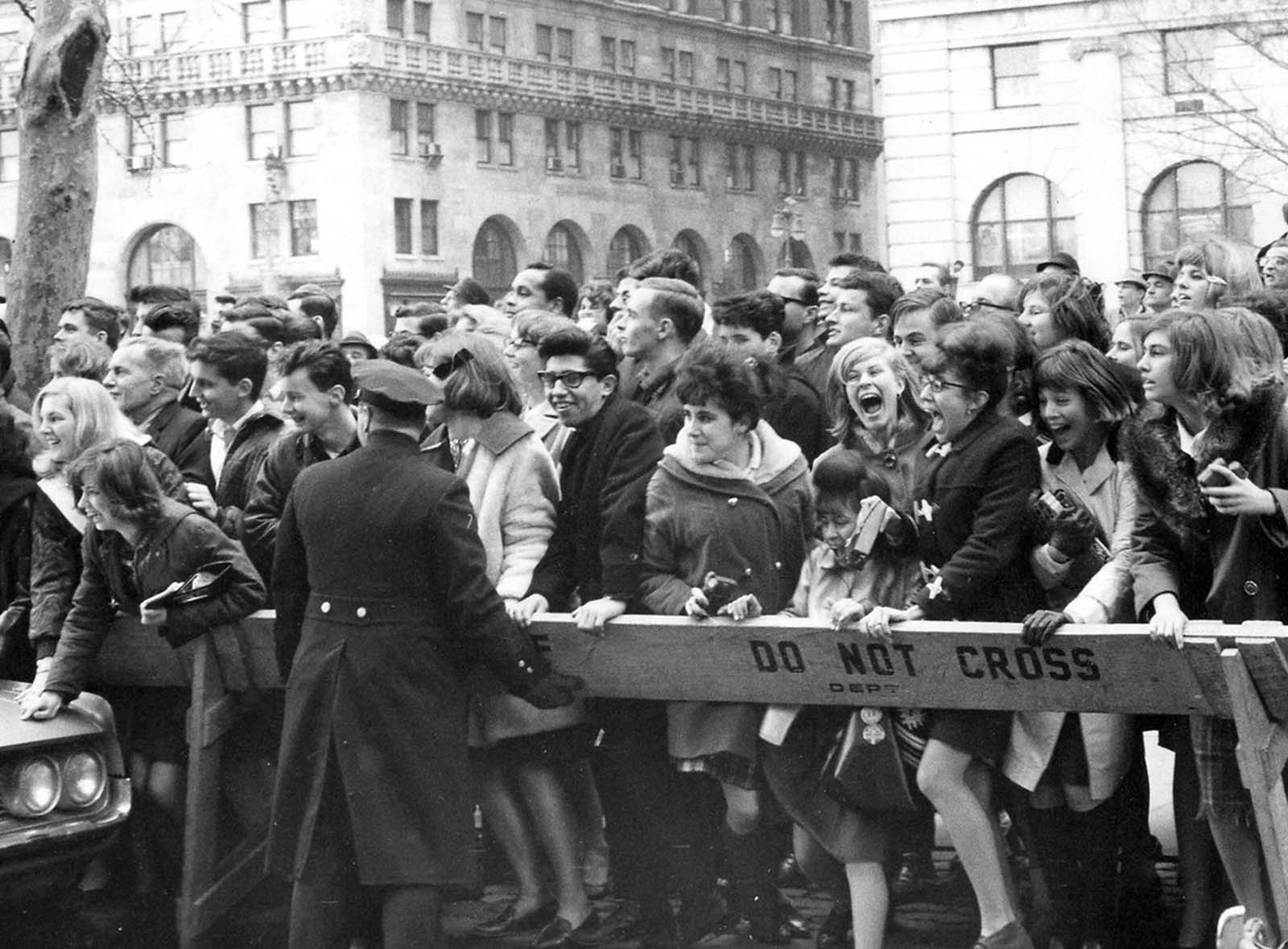
The Musical Revolution of Sgt. Pepper’s Lonely Hearts Club Band
The Artistic Brilliance of Sgt. Pepper’s
In 1967, the Beatles released Sgt. Pepper’s Lonely Hearts Club Band, a groundbreaking album that forever changed the landscape of popular music. It was a bold and experimental project that incorporated a wide range of musical genres, from rock to classical to Indian music. The album’s innovative use of studio techniques and its conceptual approach to album-making revolutionized the music industry and set new standards for what an album could achieve.
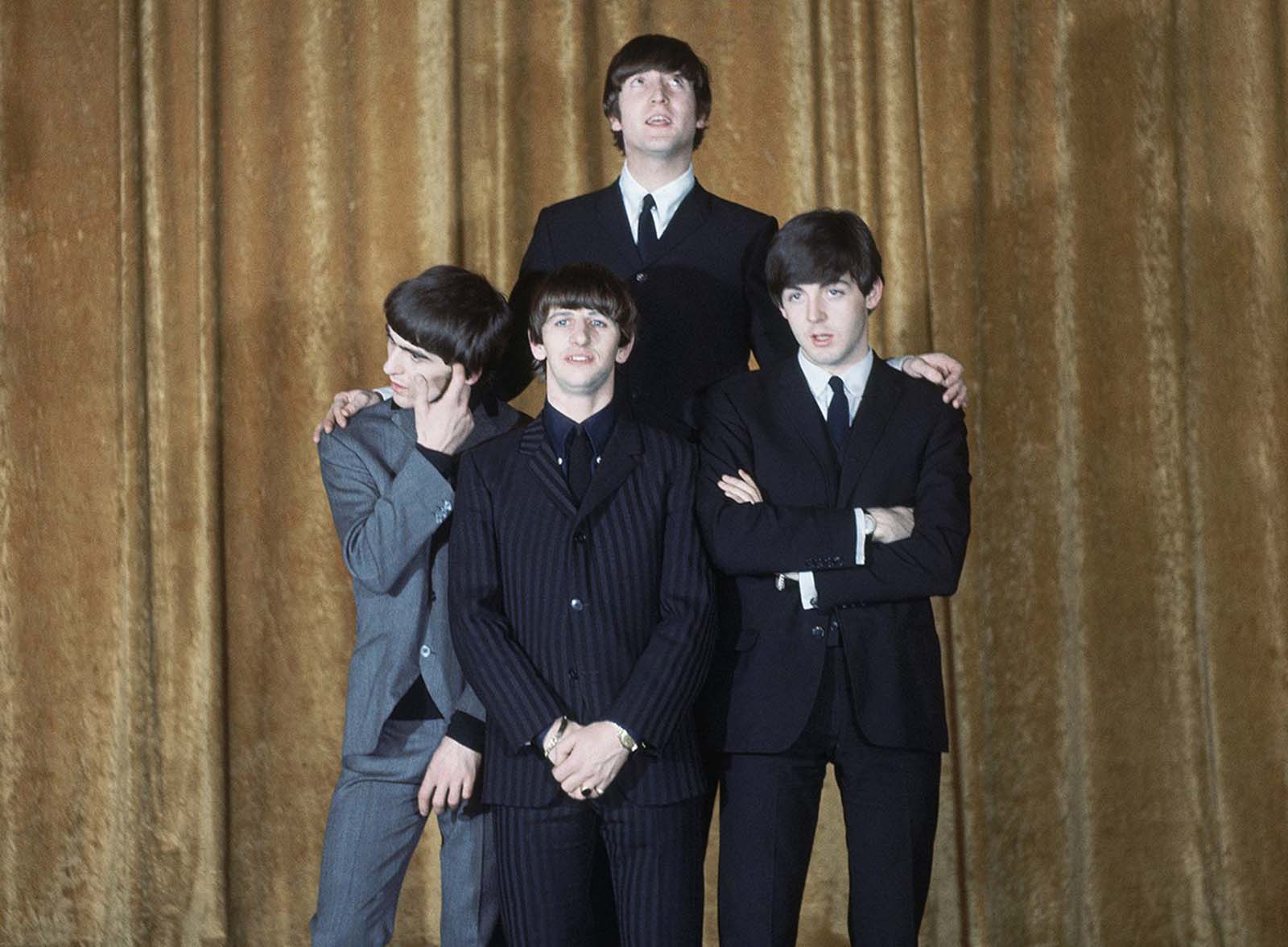
The Album’s Lasting Impact
Sgt. Pepper’s was not just an album—it was a cultural event. The Beatles’ willingness to experiment and push boundaries inspired countless musicians and artists across the world. The album’s influence can still be felt today, as it remains a touchstone for music lovers, scholars, and artists alike. It signaled a shift in the way music was produced, consumed, and appreciated, and it marked the height of the Beatles’ creative powers.
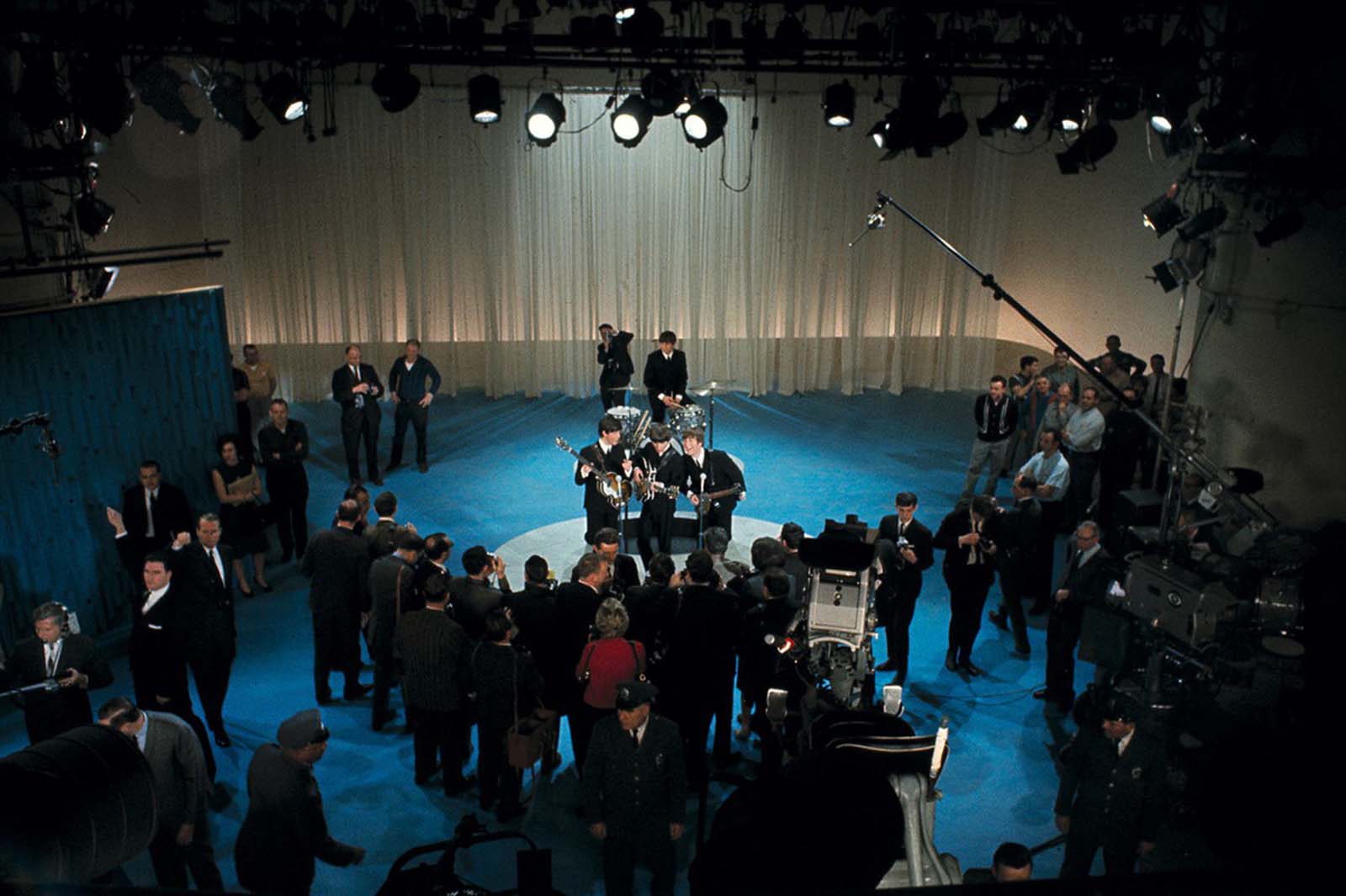
The End of Beatlemania and Their Lasting Legacy
The Fading of Beatlemania
By the end of the 1960s, the feverish excitement of Beatlemania had started to subside, but the Beatles’ influence was far from over. Their music continued to inspire generations of artists, and their cultural impact remained significant throughout the decades that followed. Despite the decline of Beatlemania, the Beatles were far from being forgotten—they were now icons, and their music continued to be relevant.
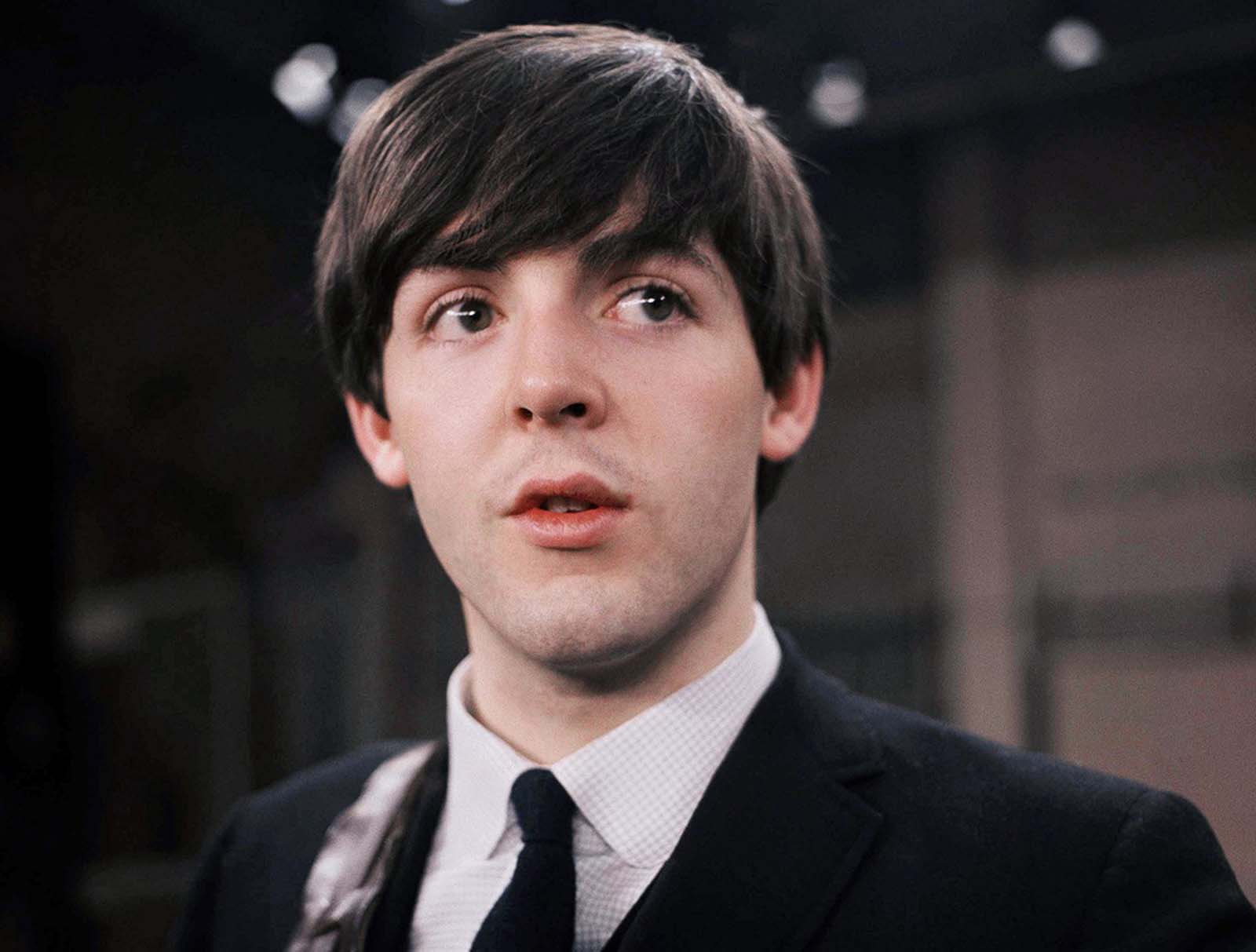
The Beatles’ Enduring Cultural Influence
Even decades after the Beatles broke up in 1970, their music continues to shape pop culture in profound ways. Their songs are still played on the radio, their albums are still sold, and their influence is still felt in modern music. Beatlemania may have been a passing phase, but the legacy of the Beatles is timeless. Their music transcends generations, and their cultural significance remains as strong as ever.
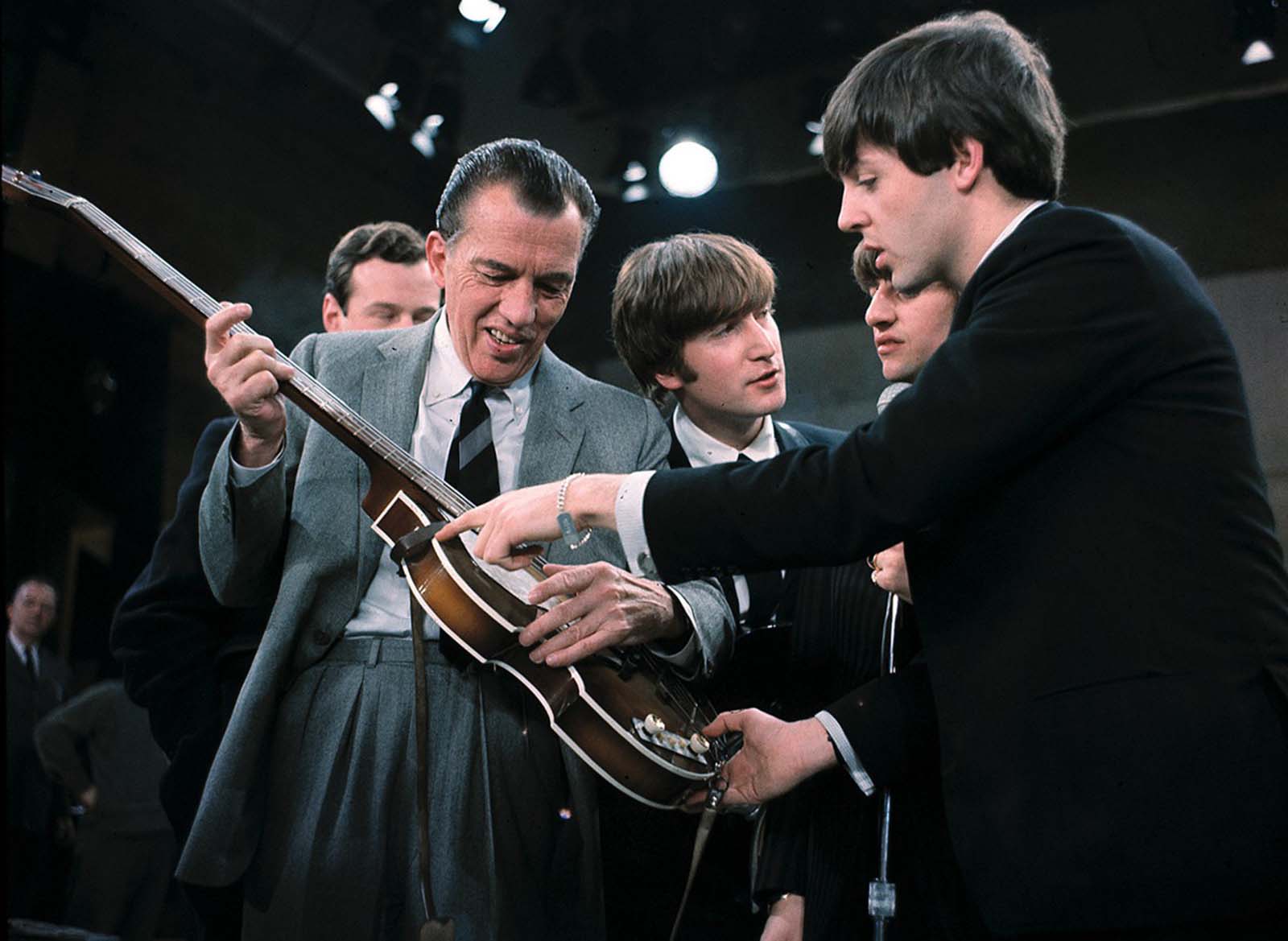
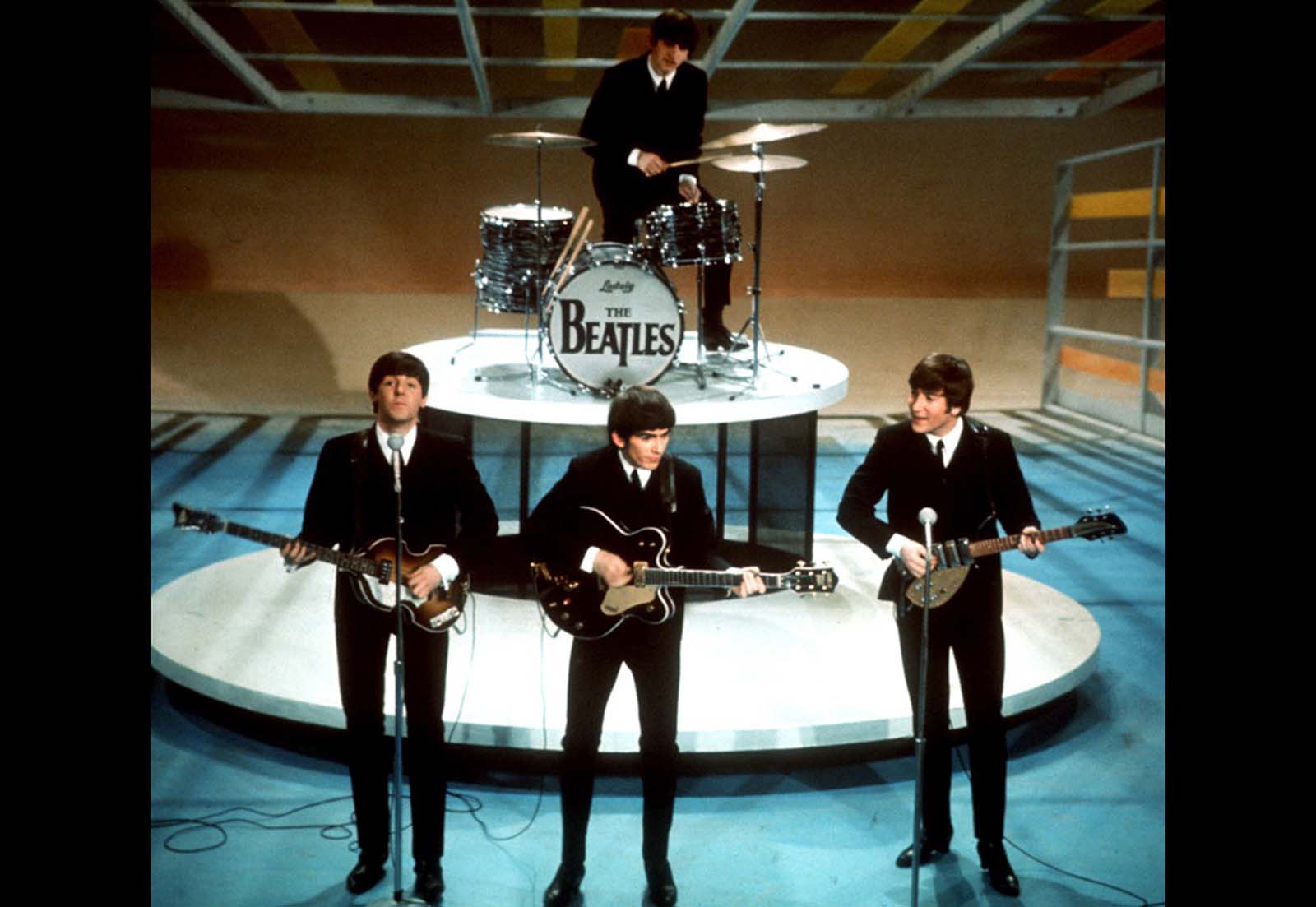
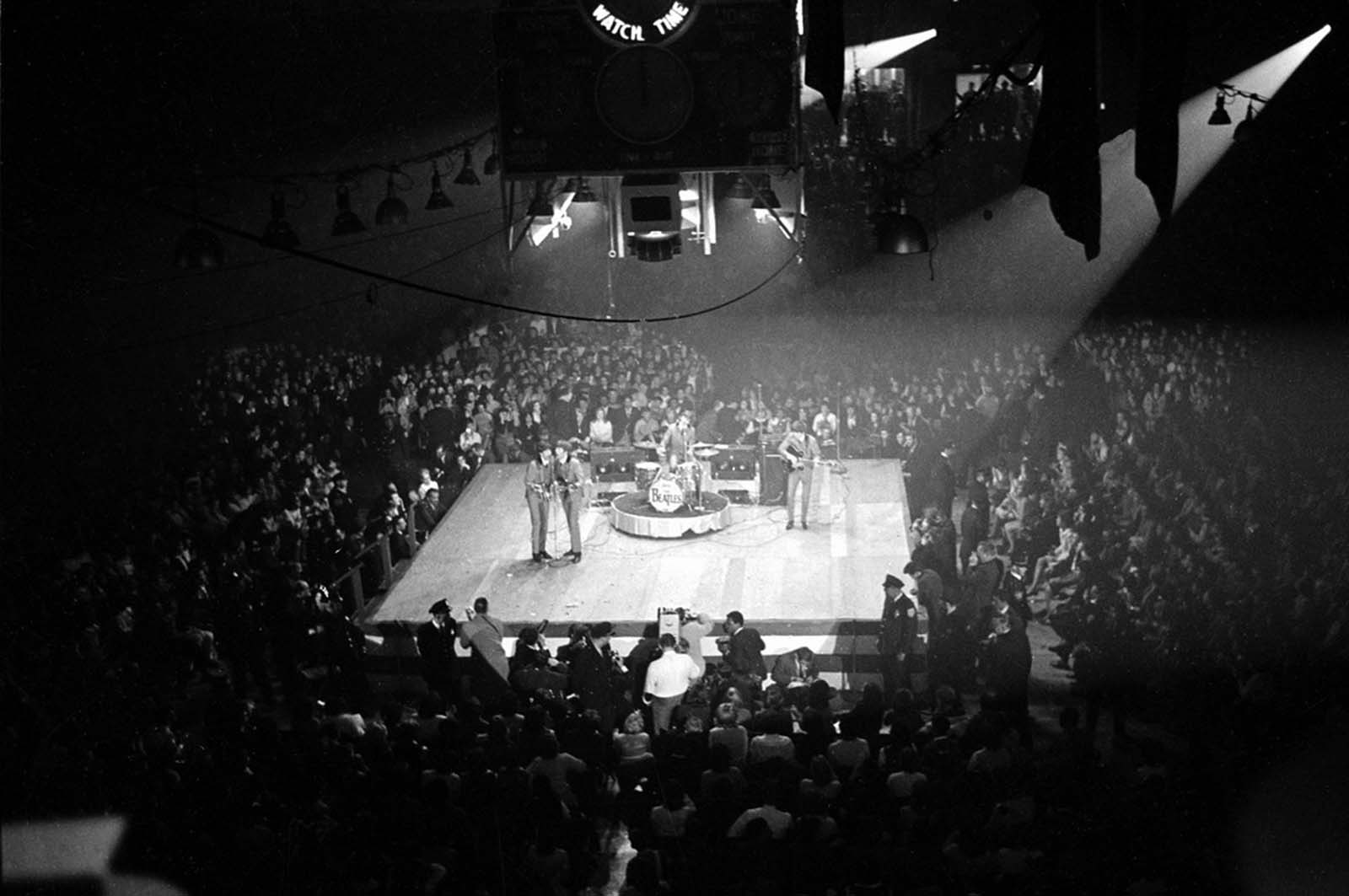
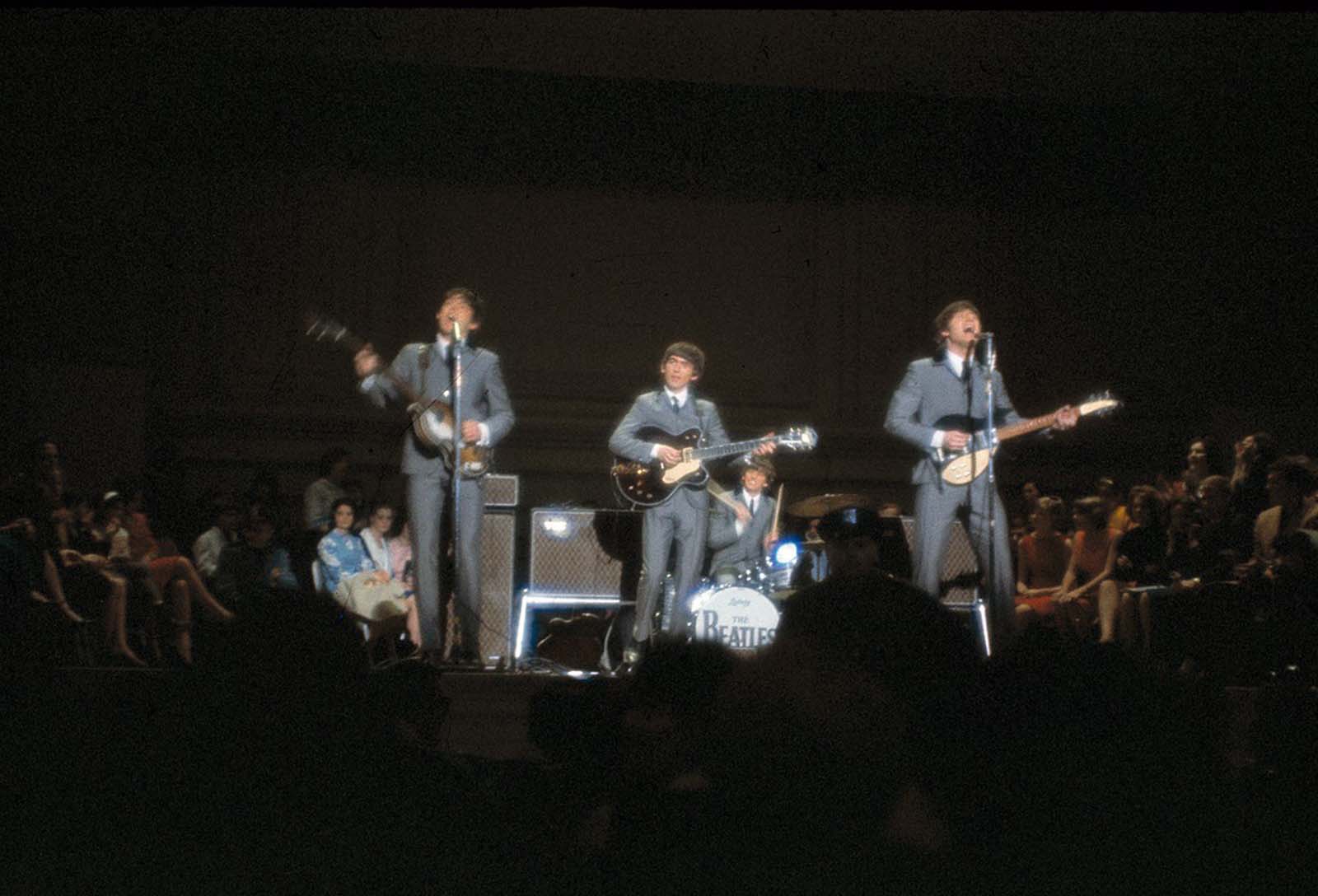
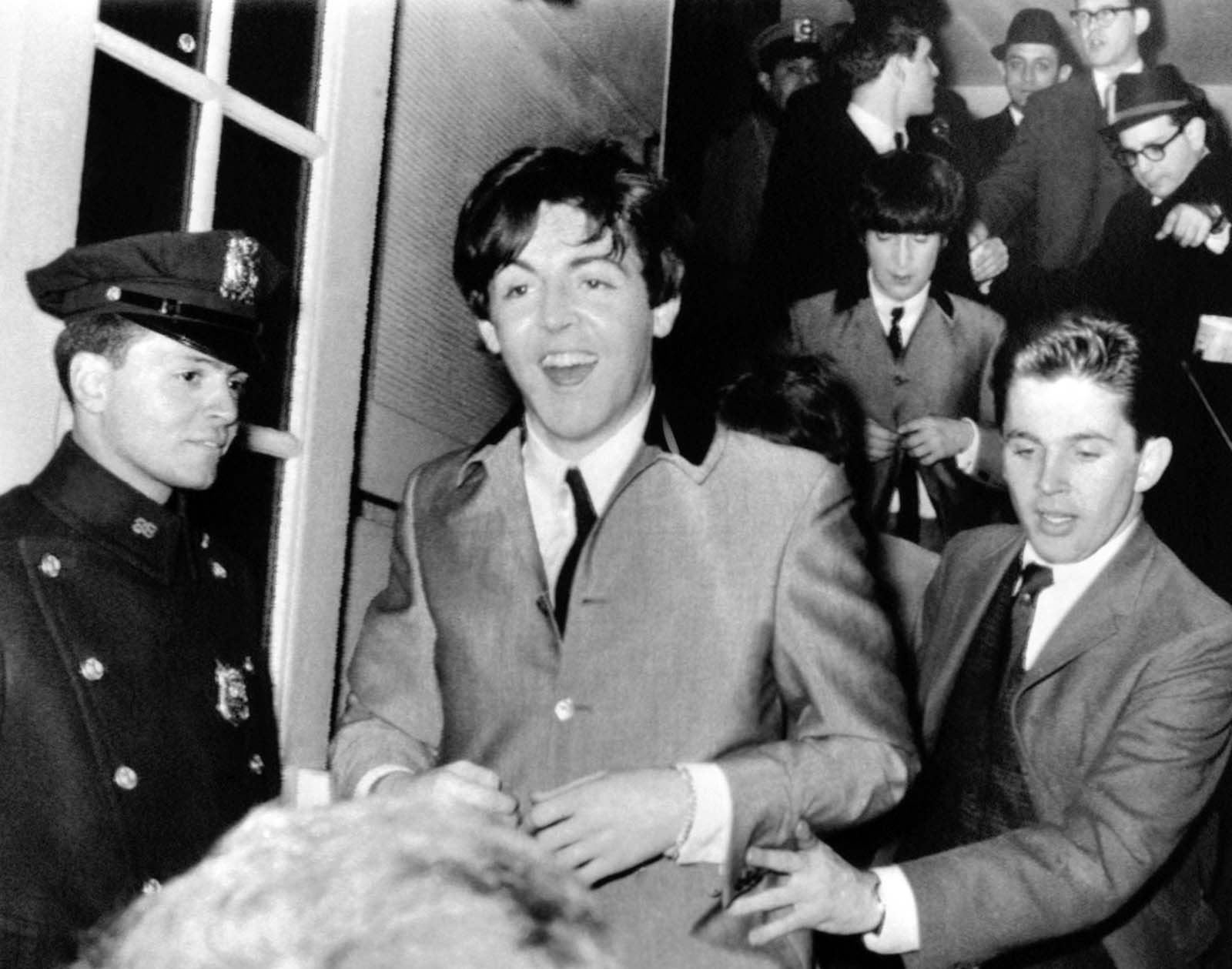
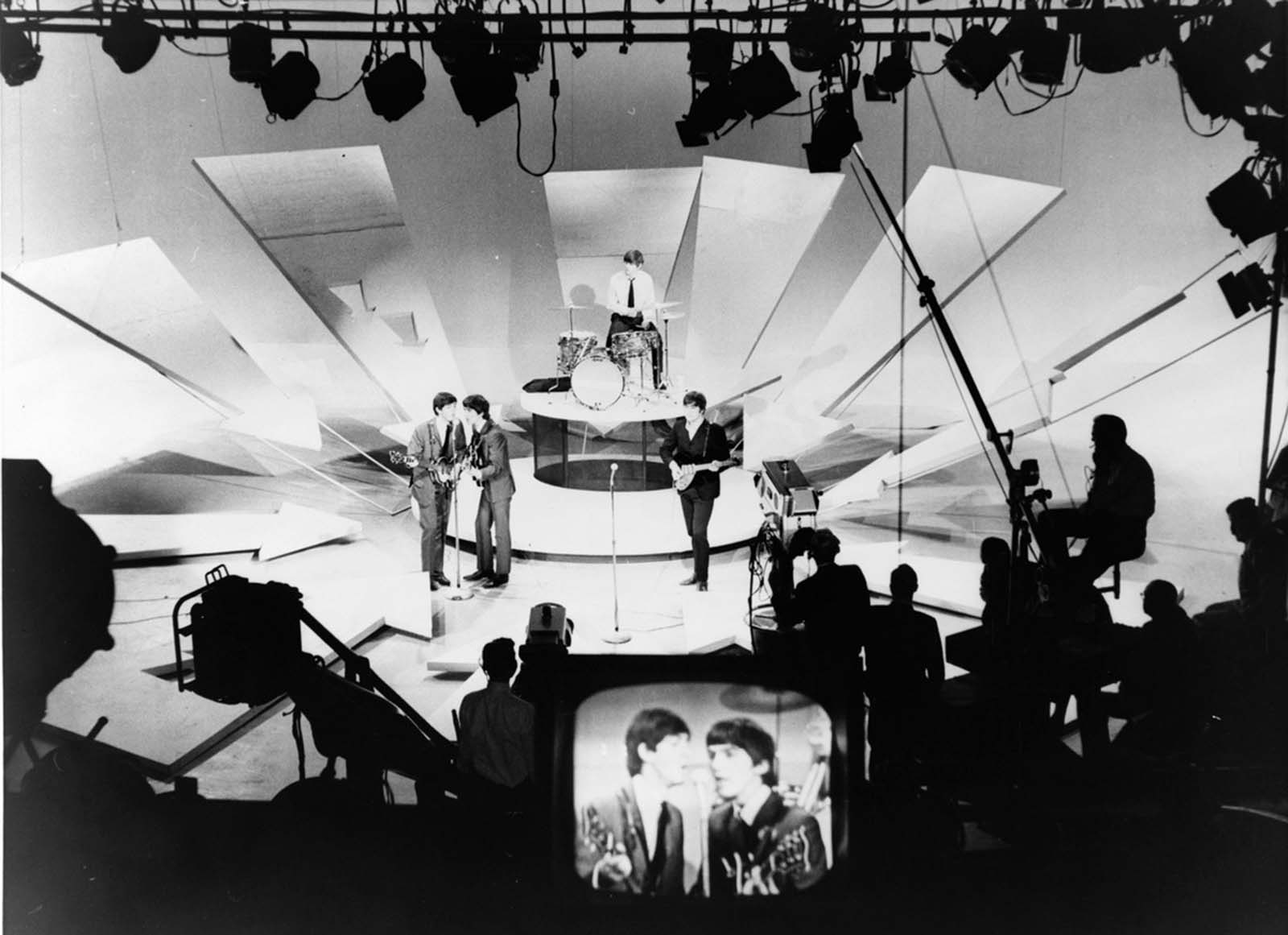
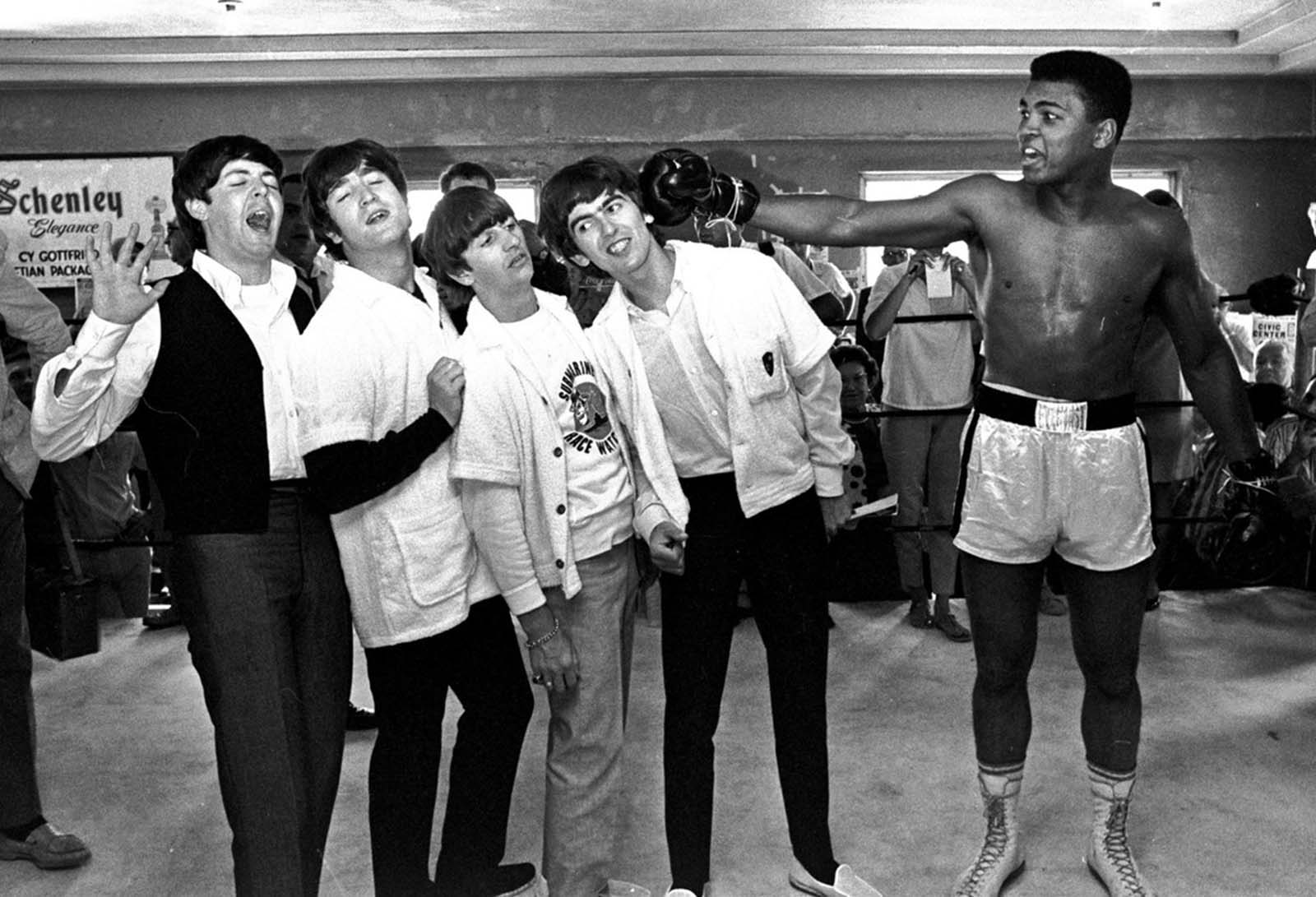
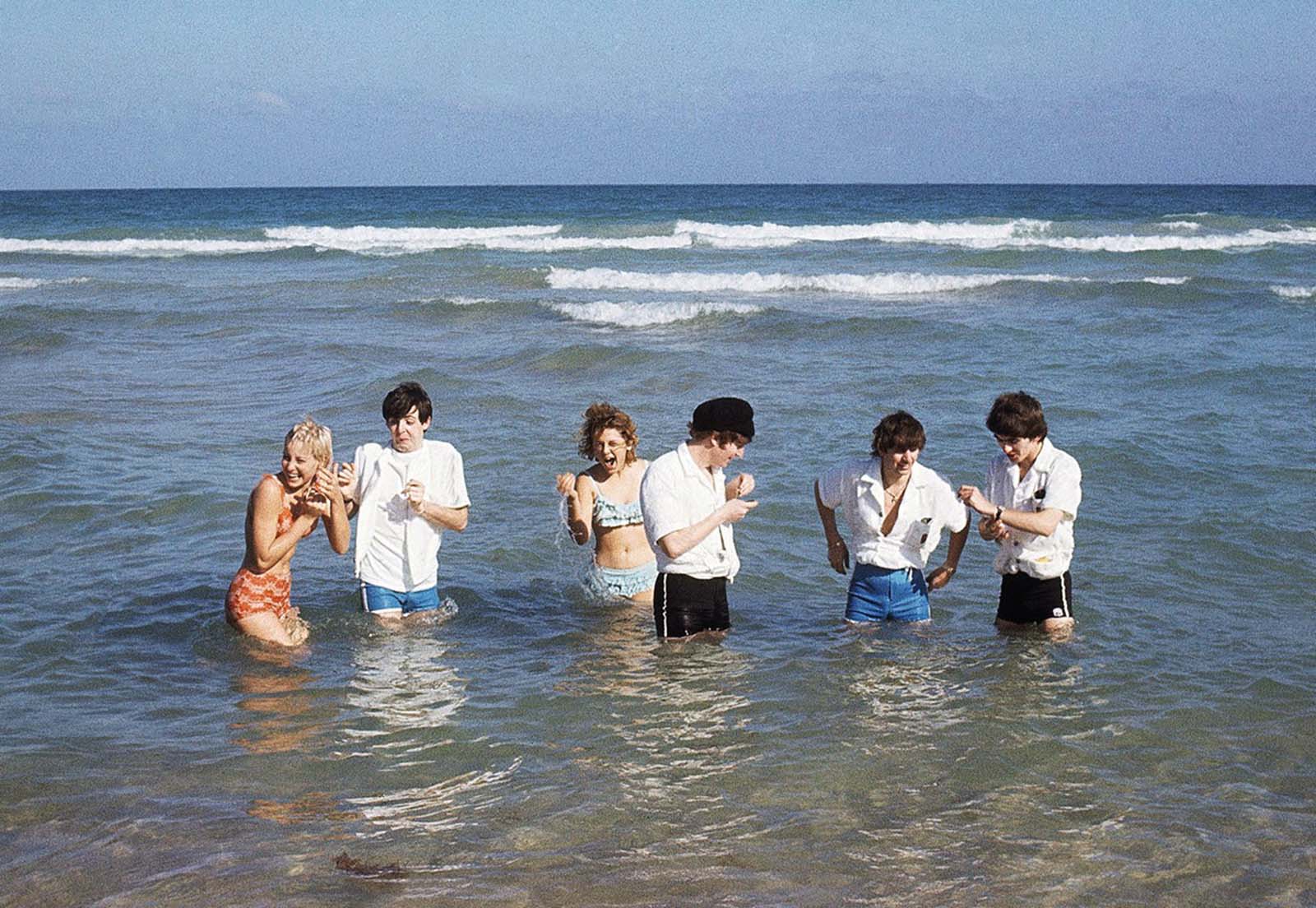
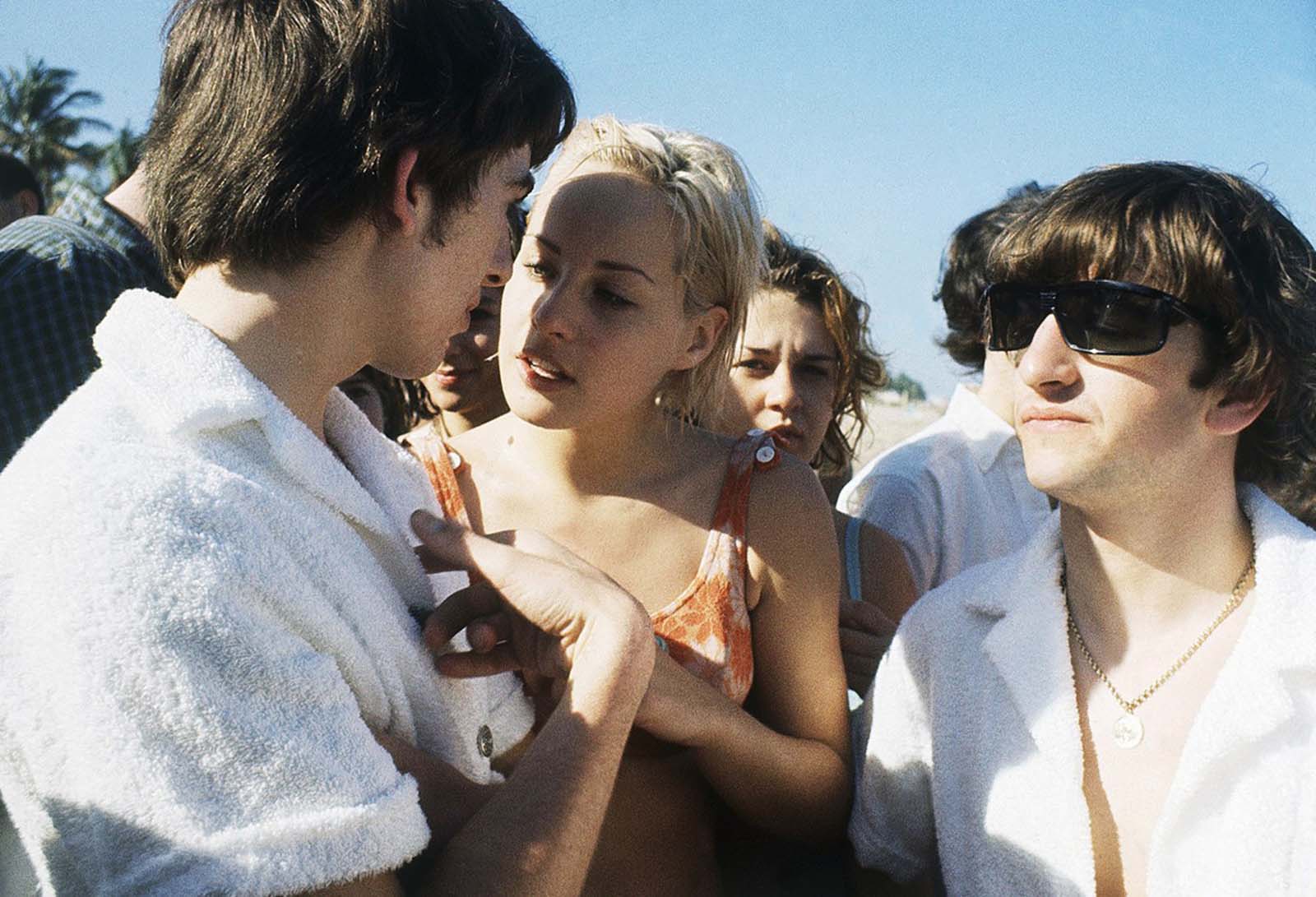
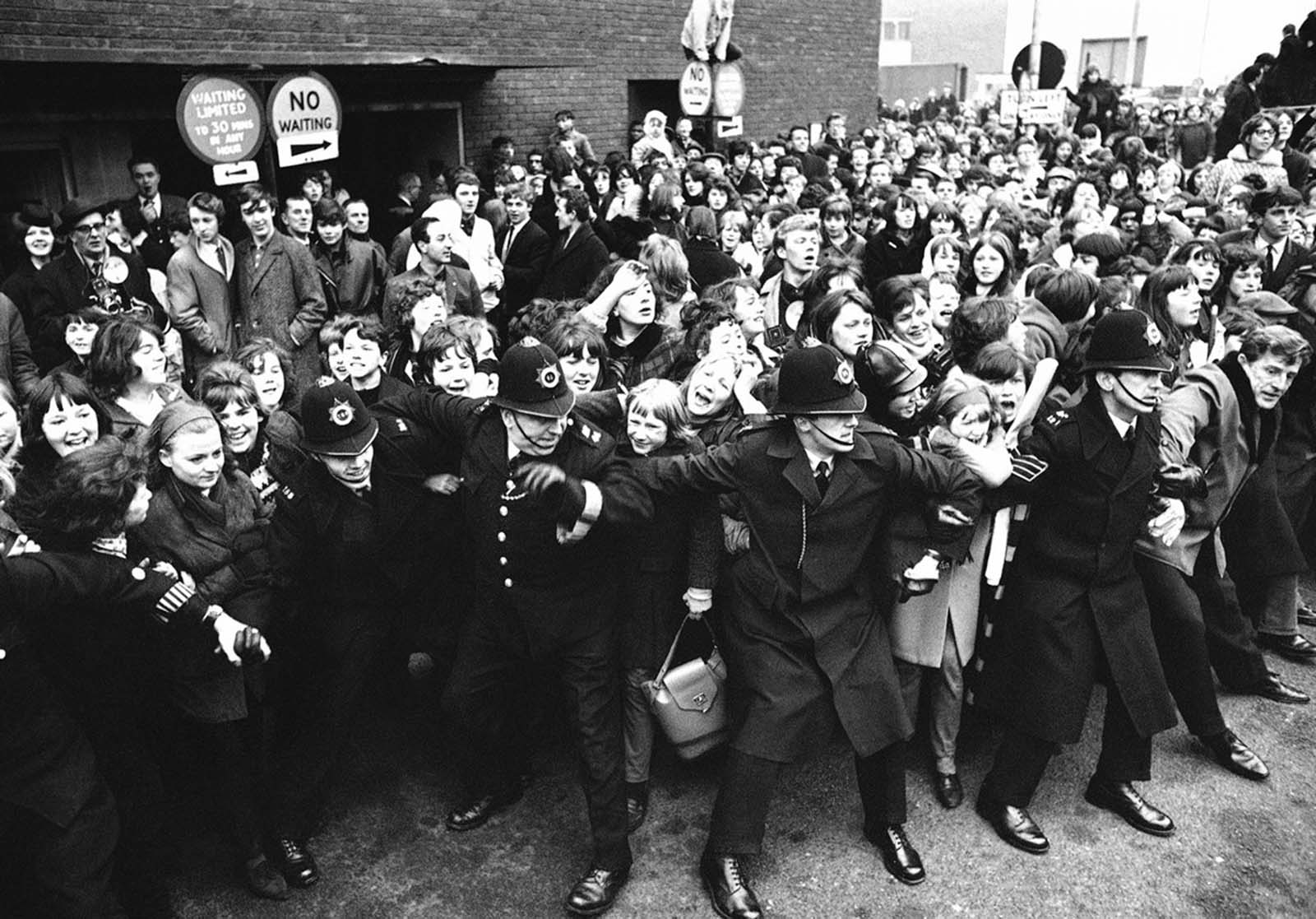
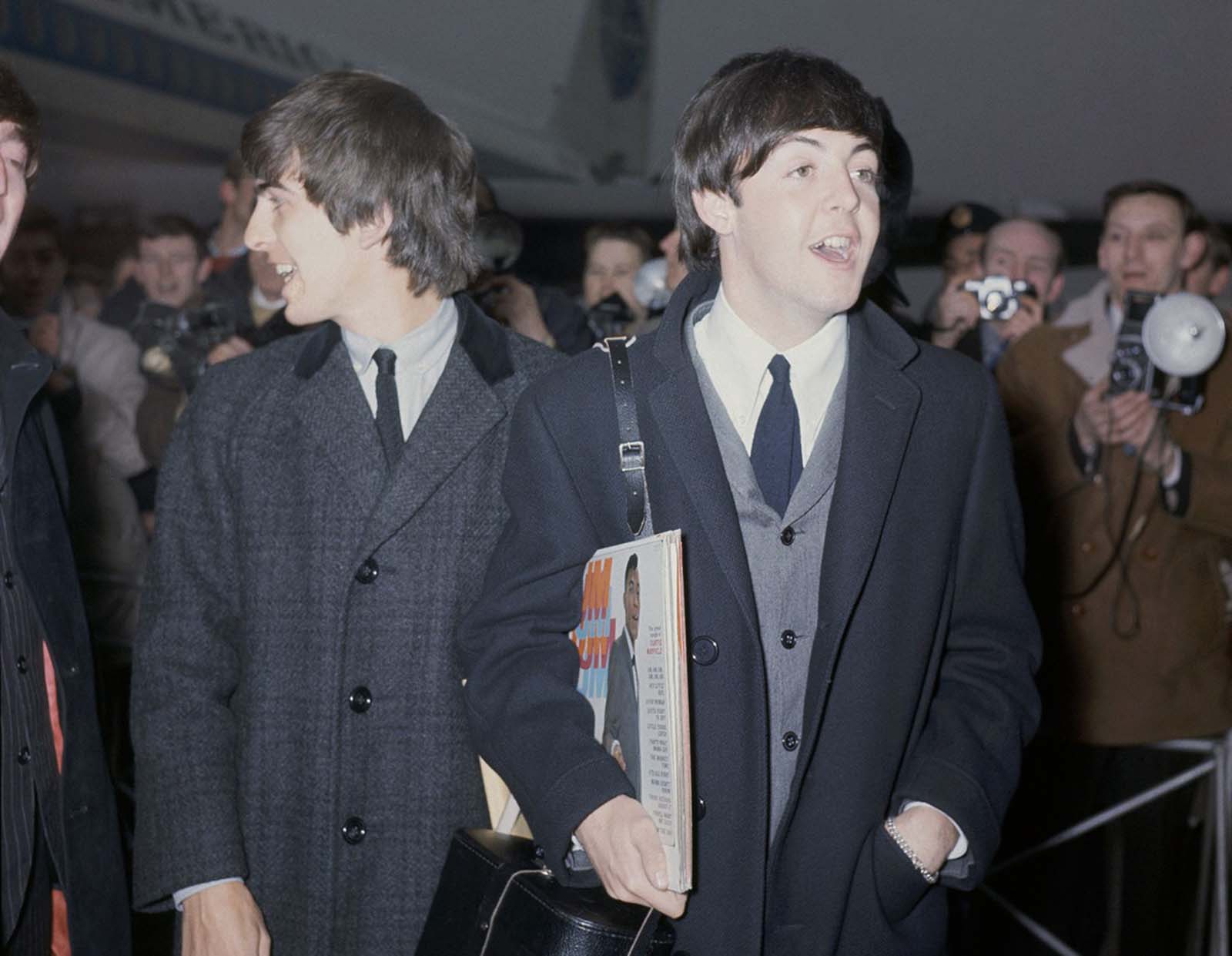
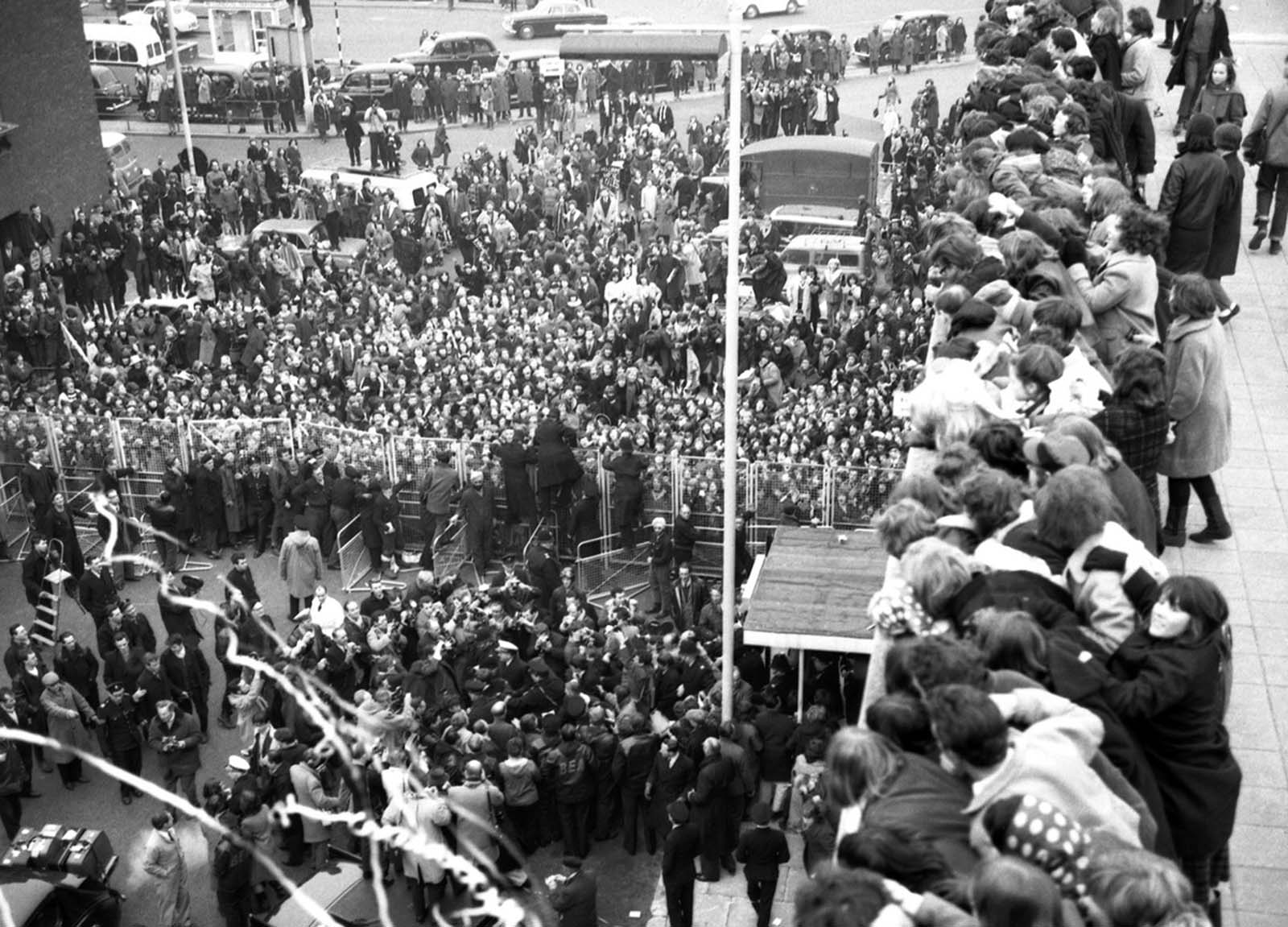
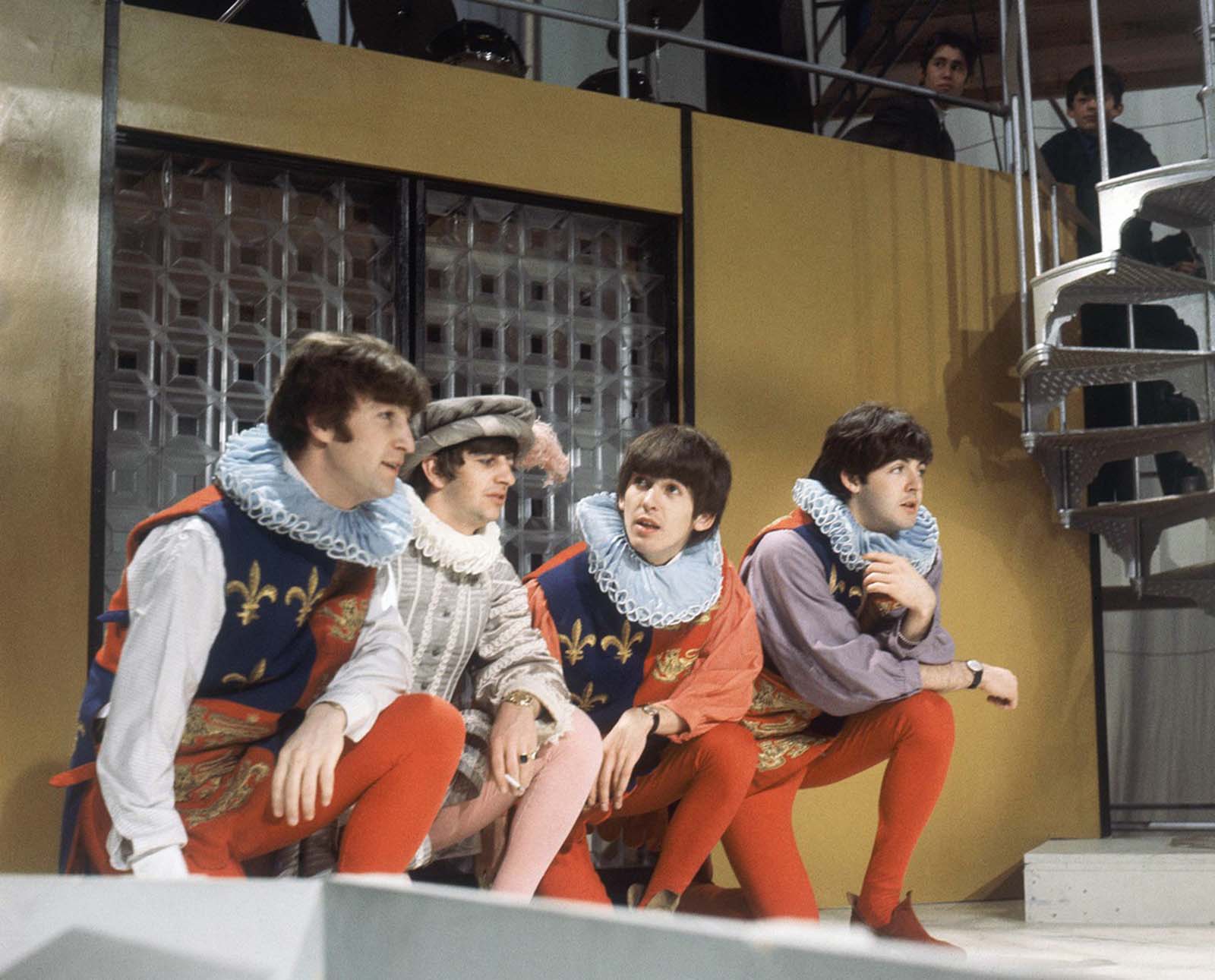
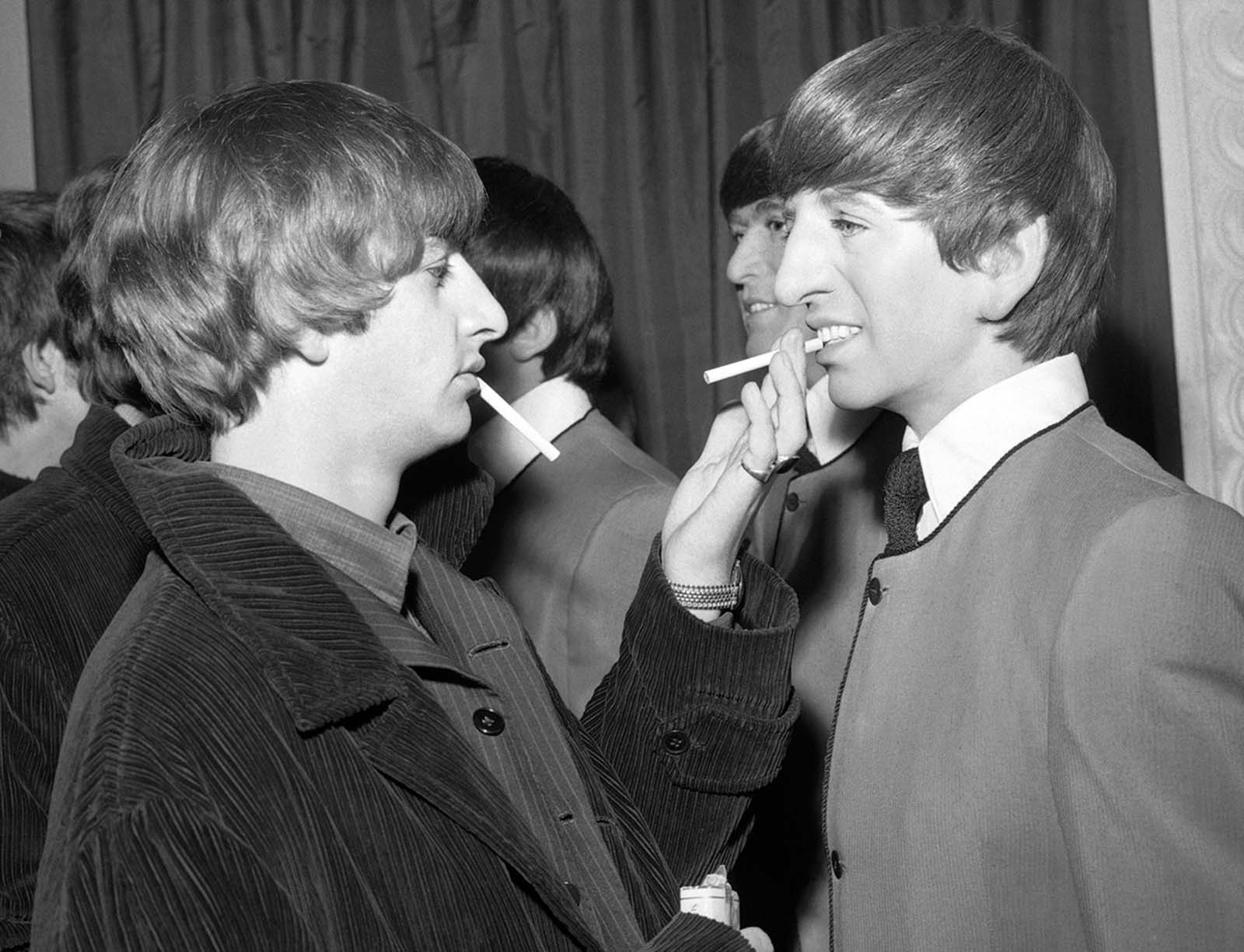
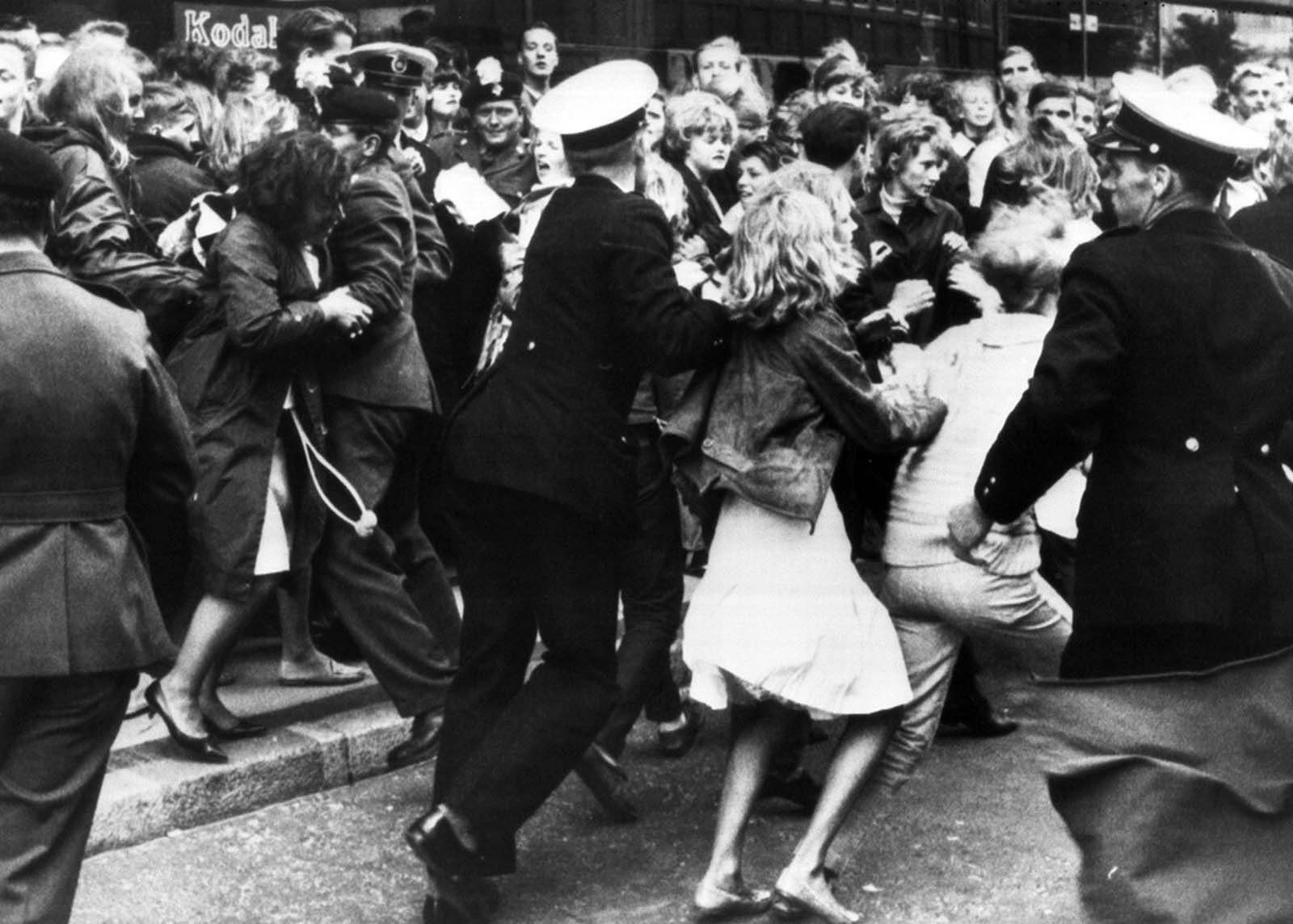
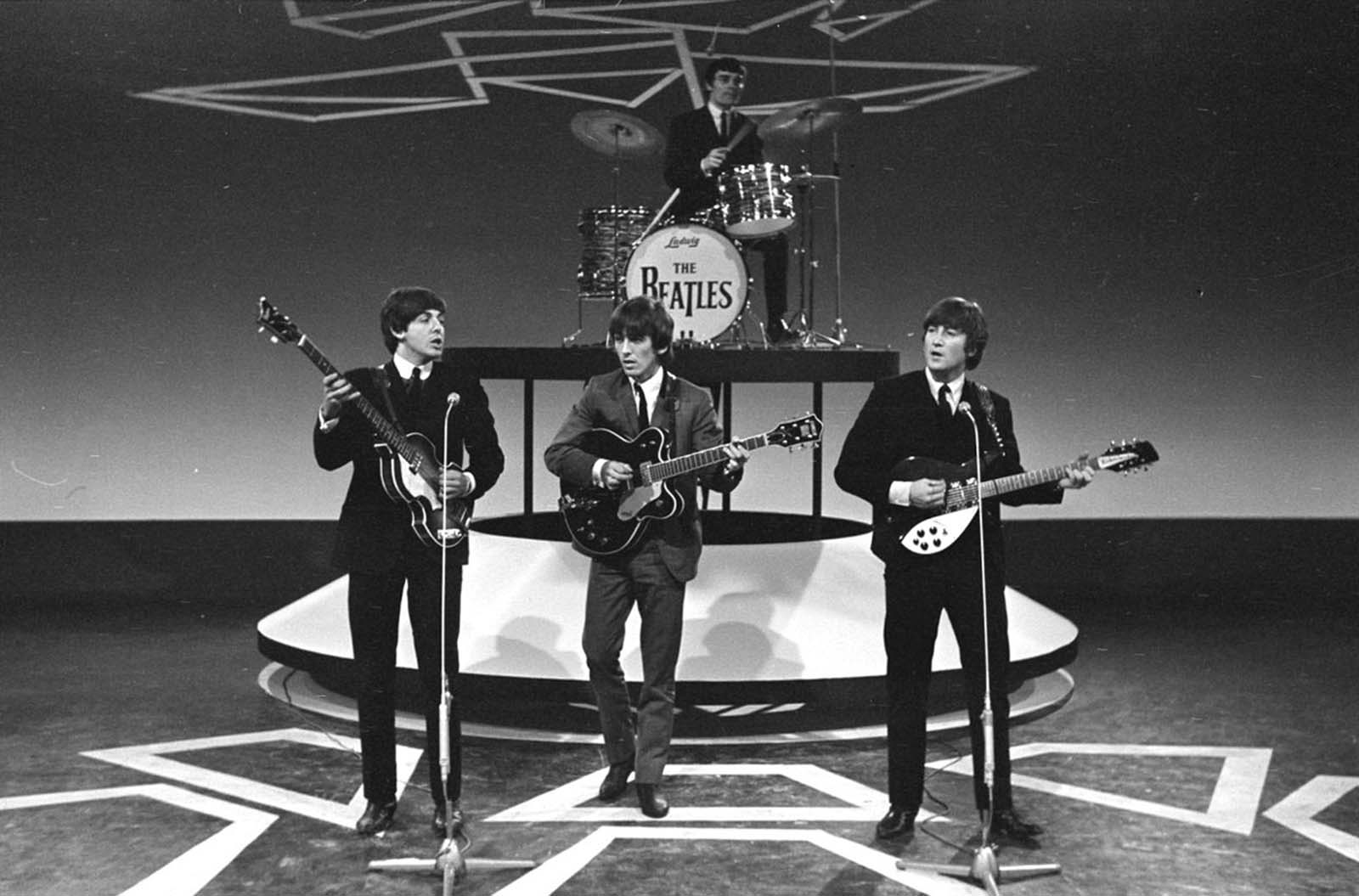
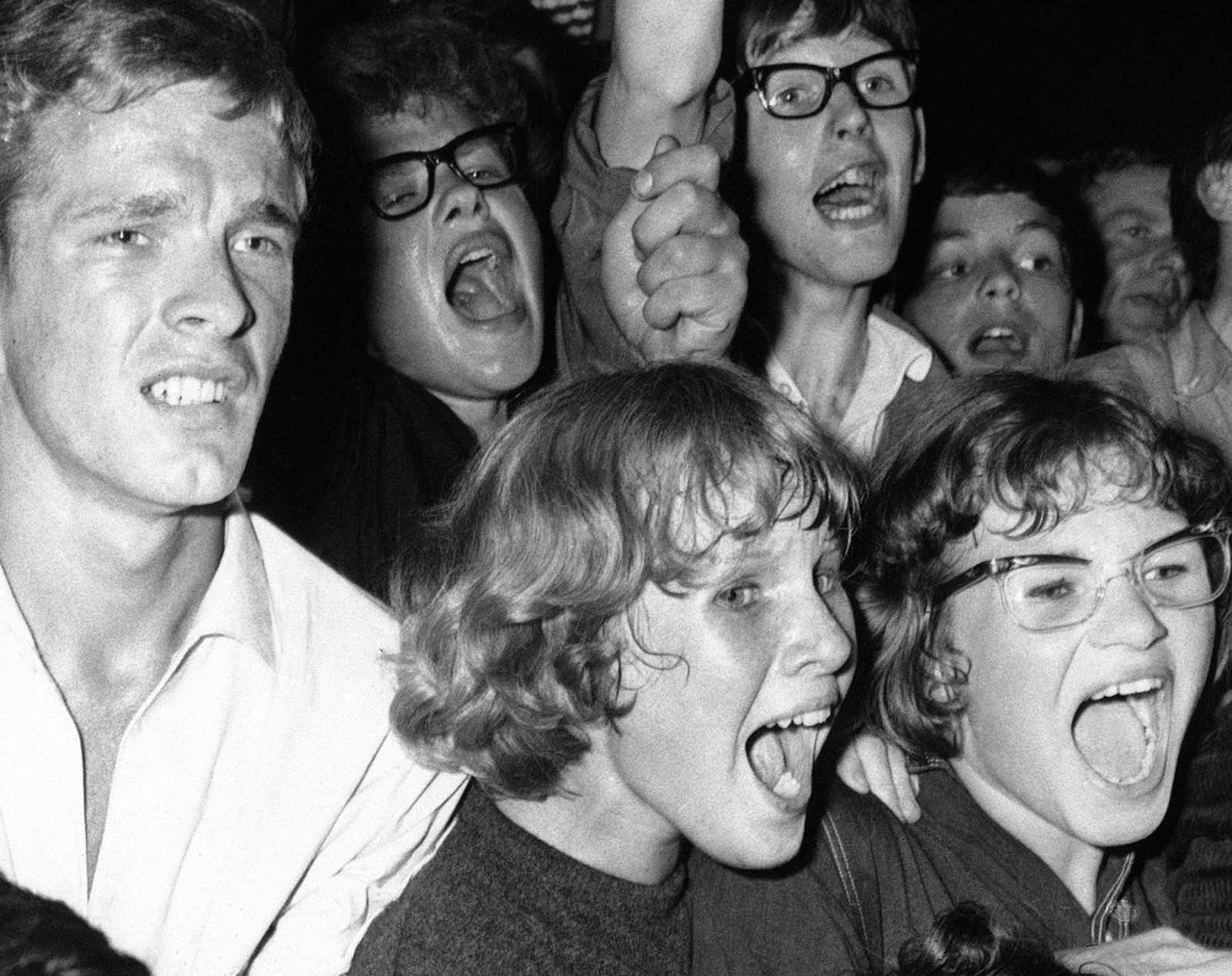
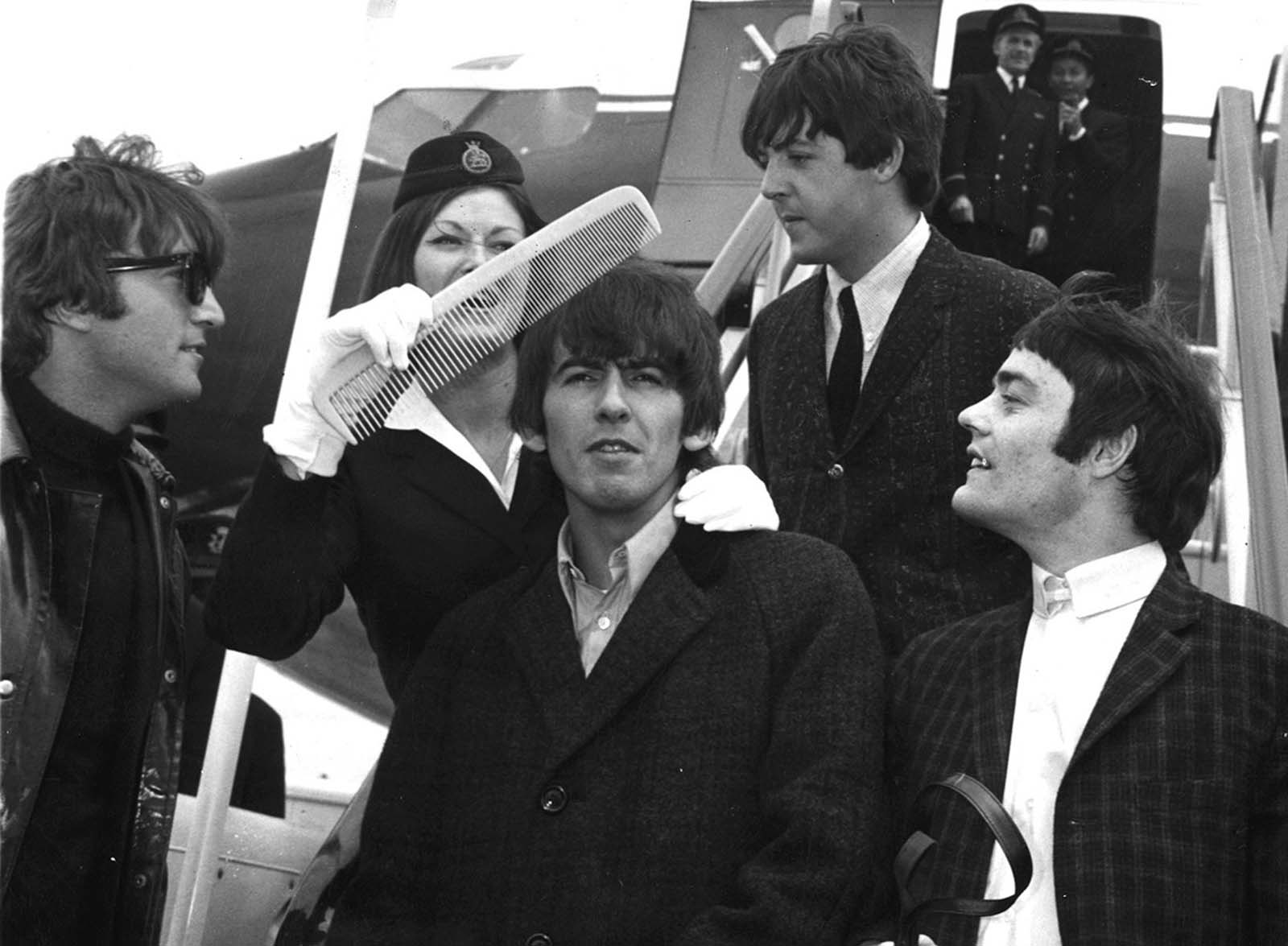
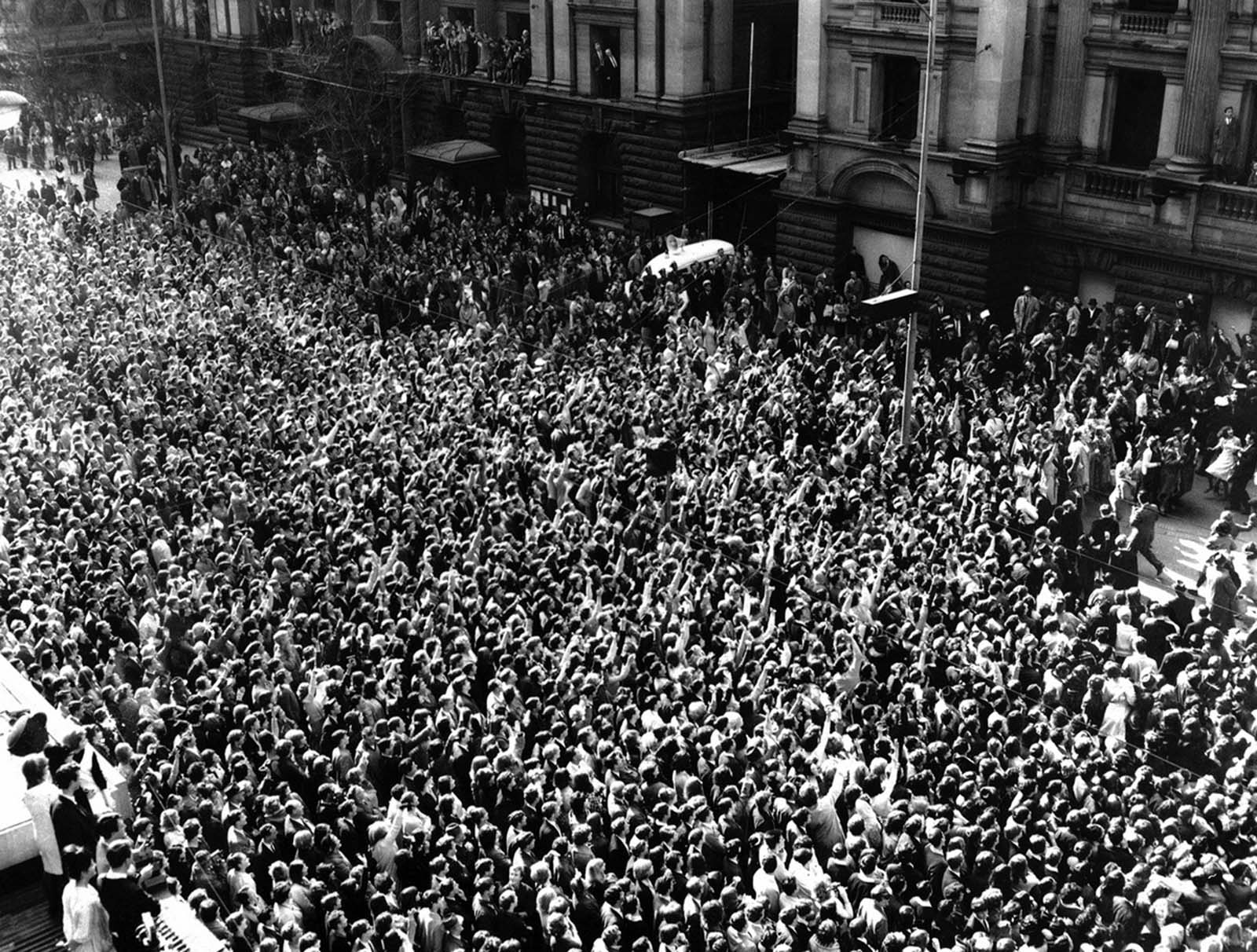
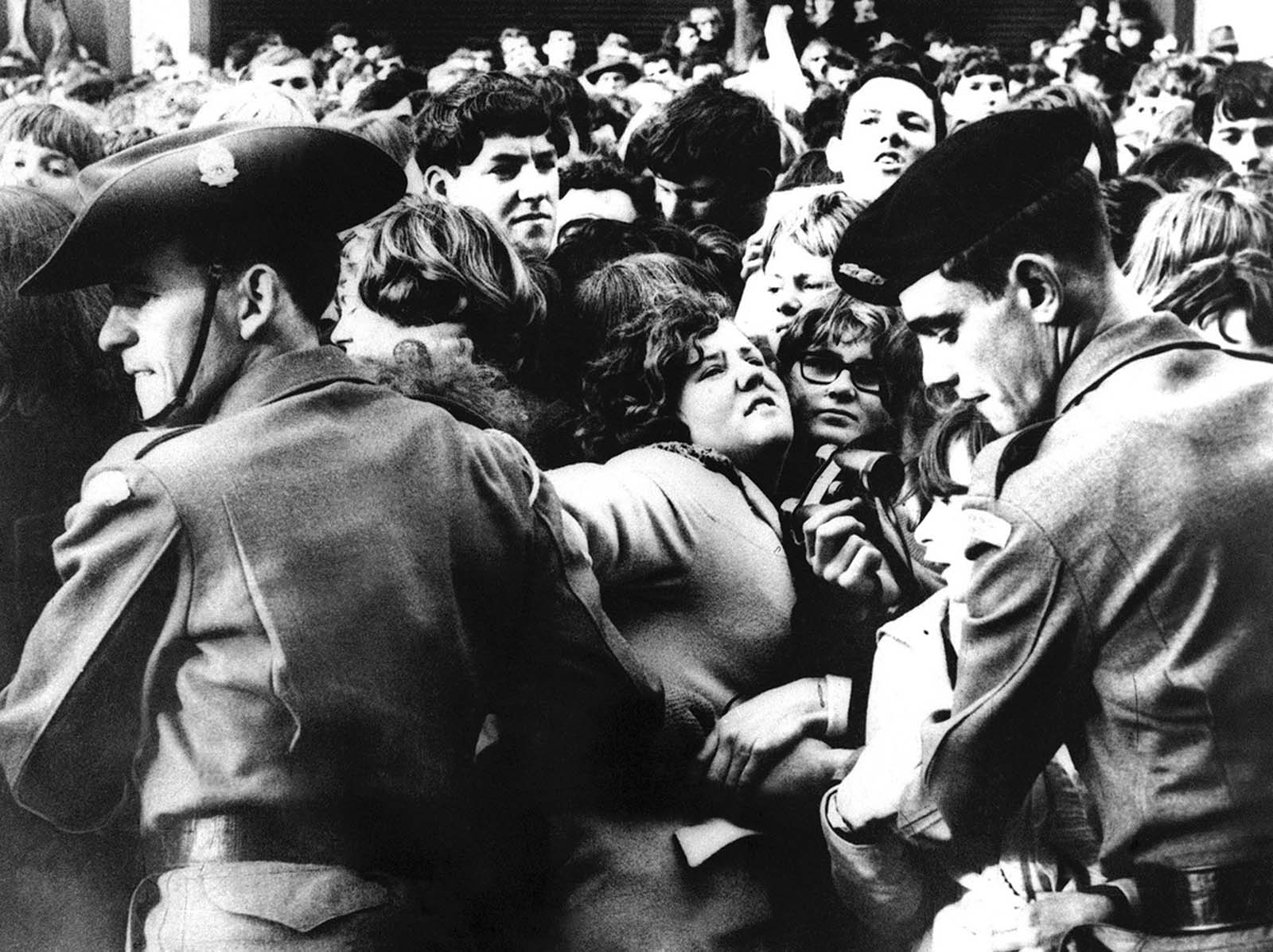
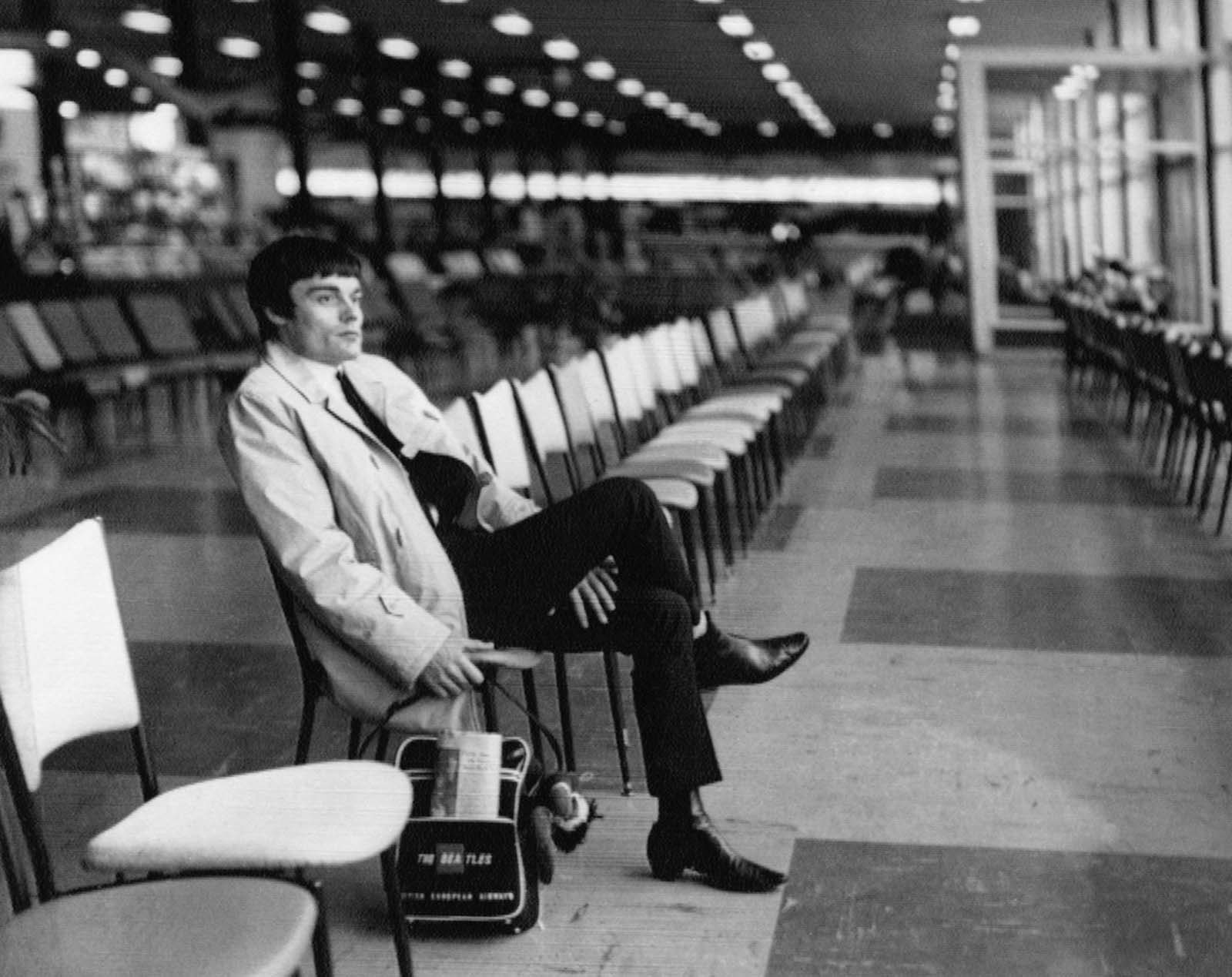
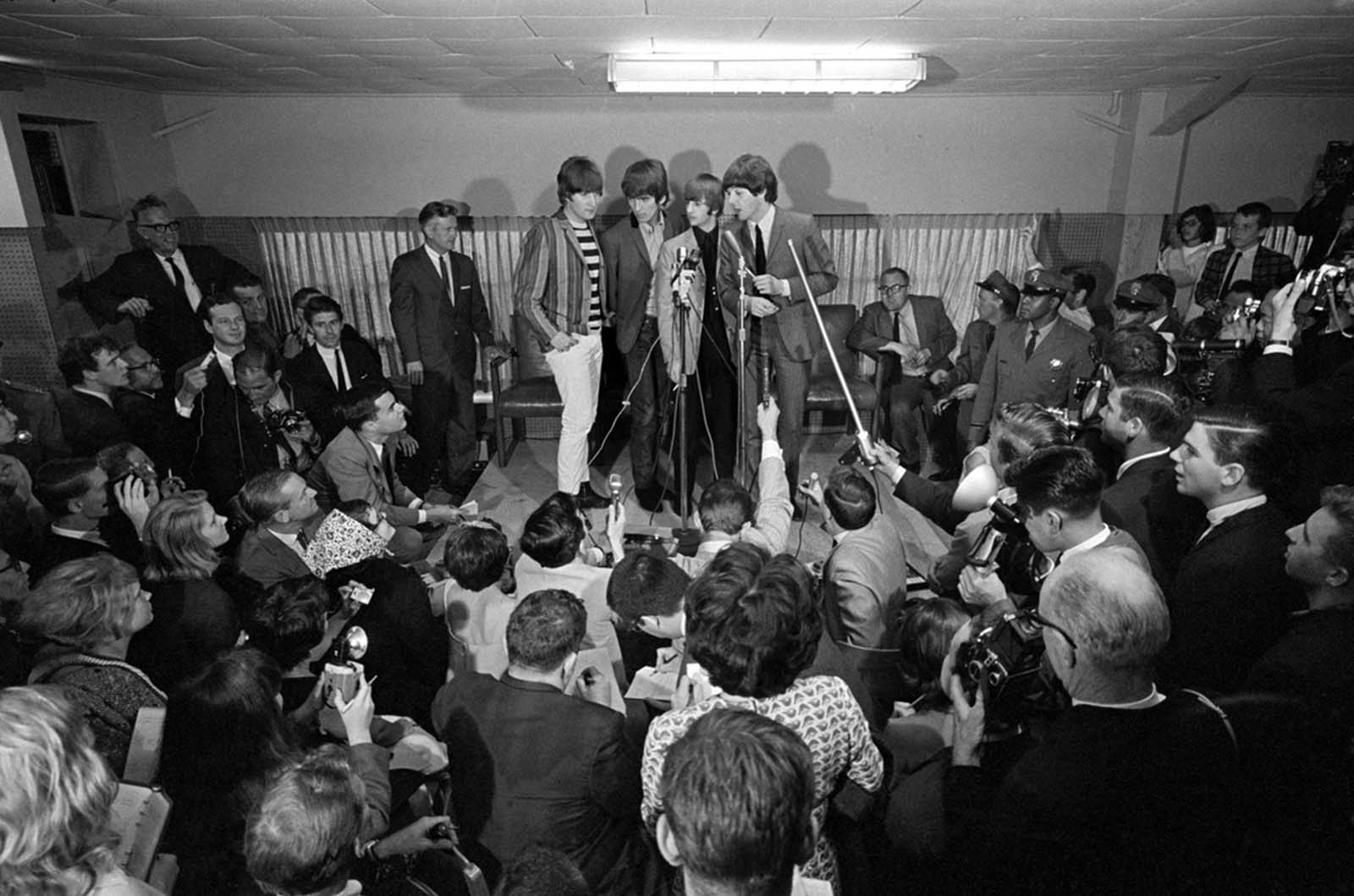
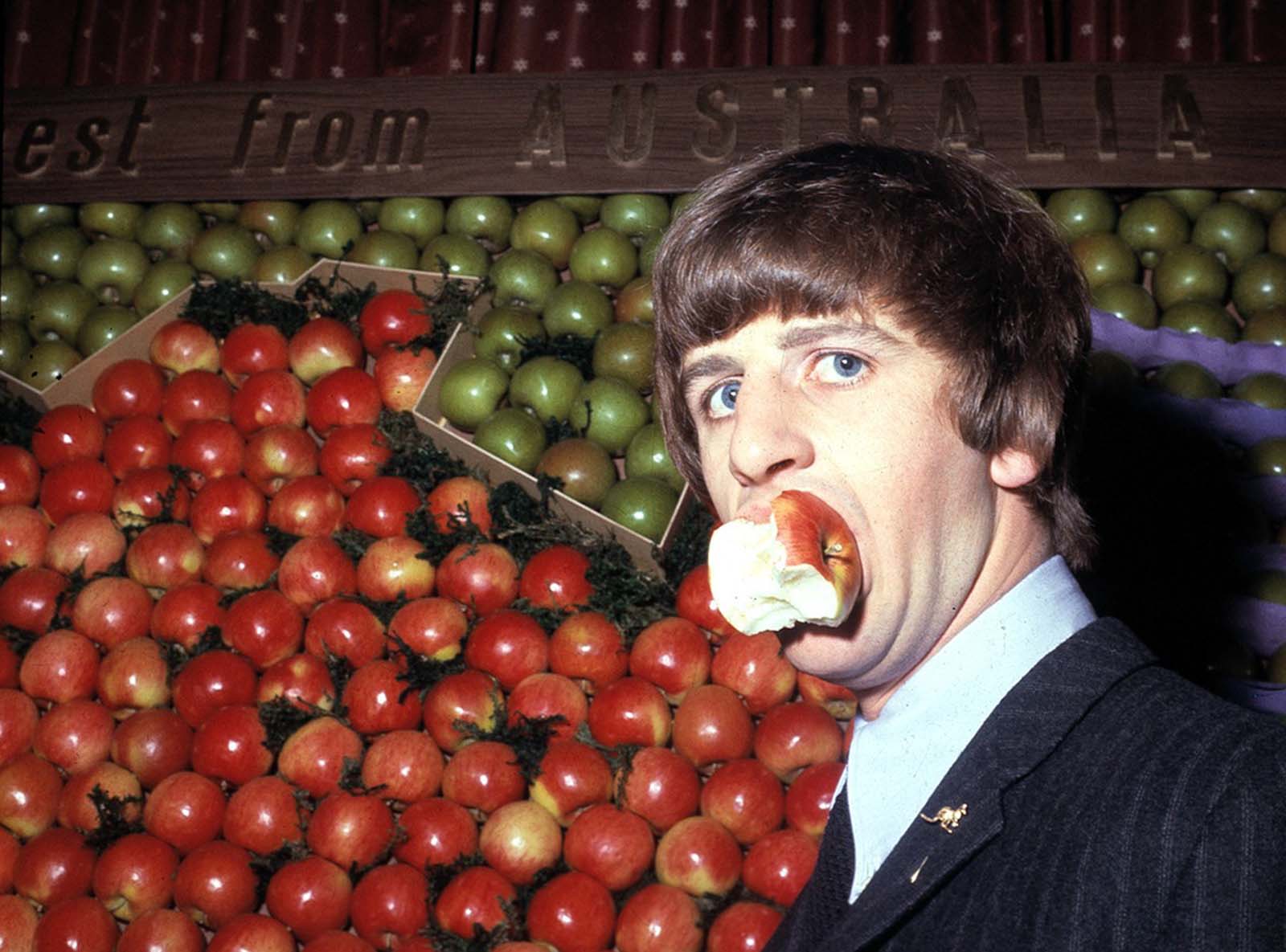
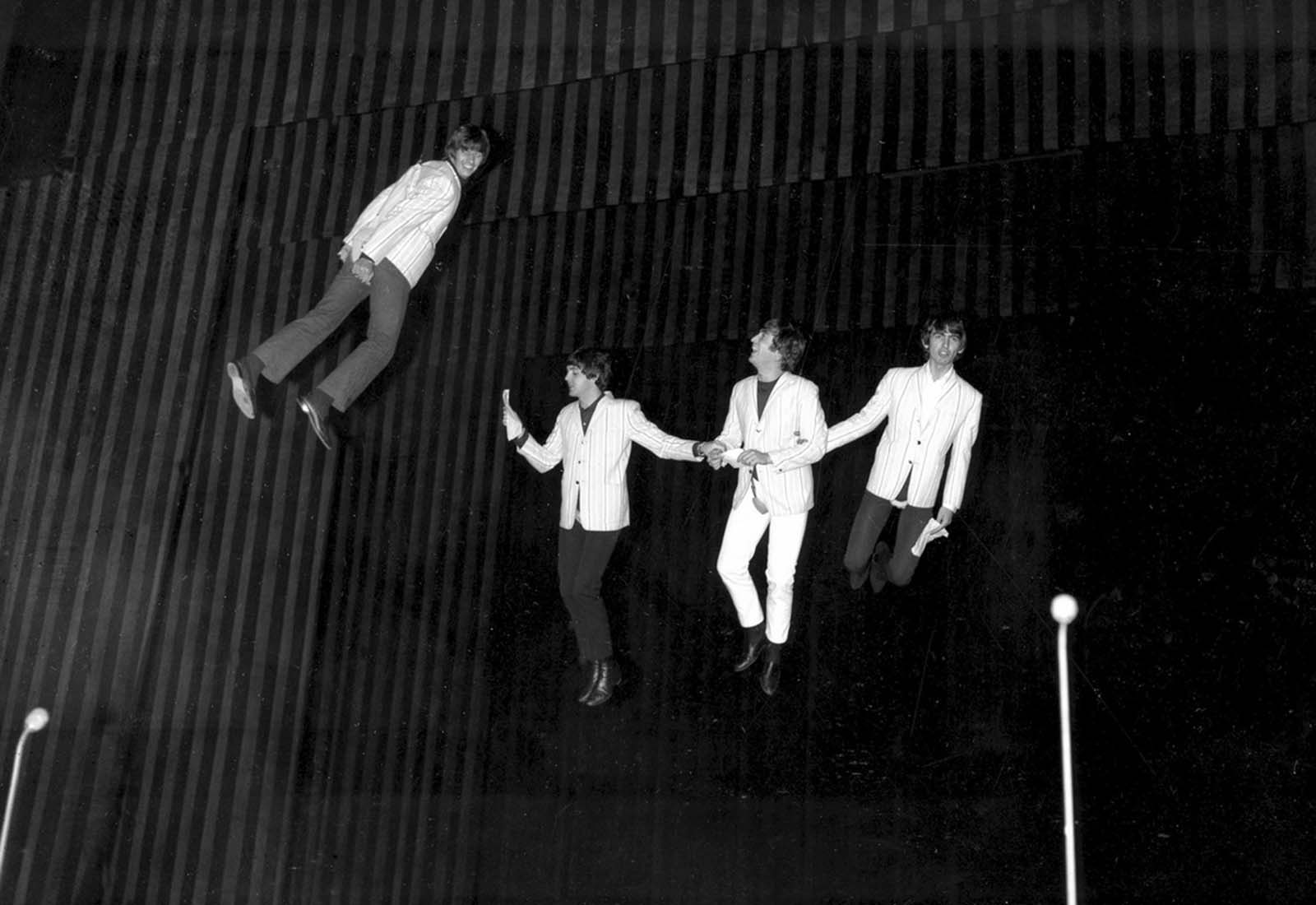
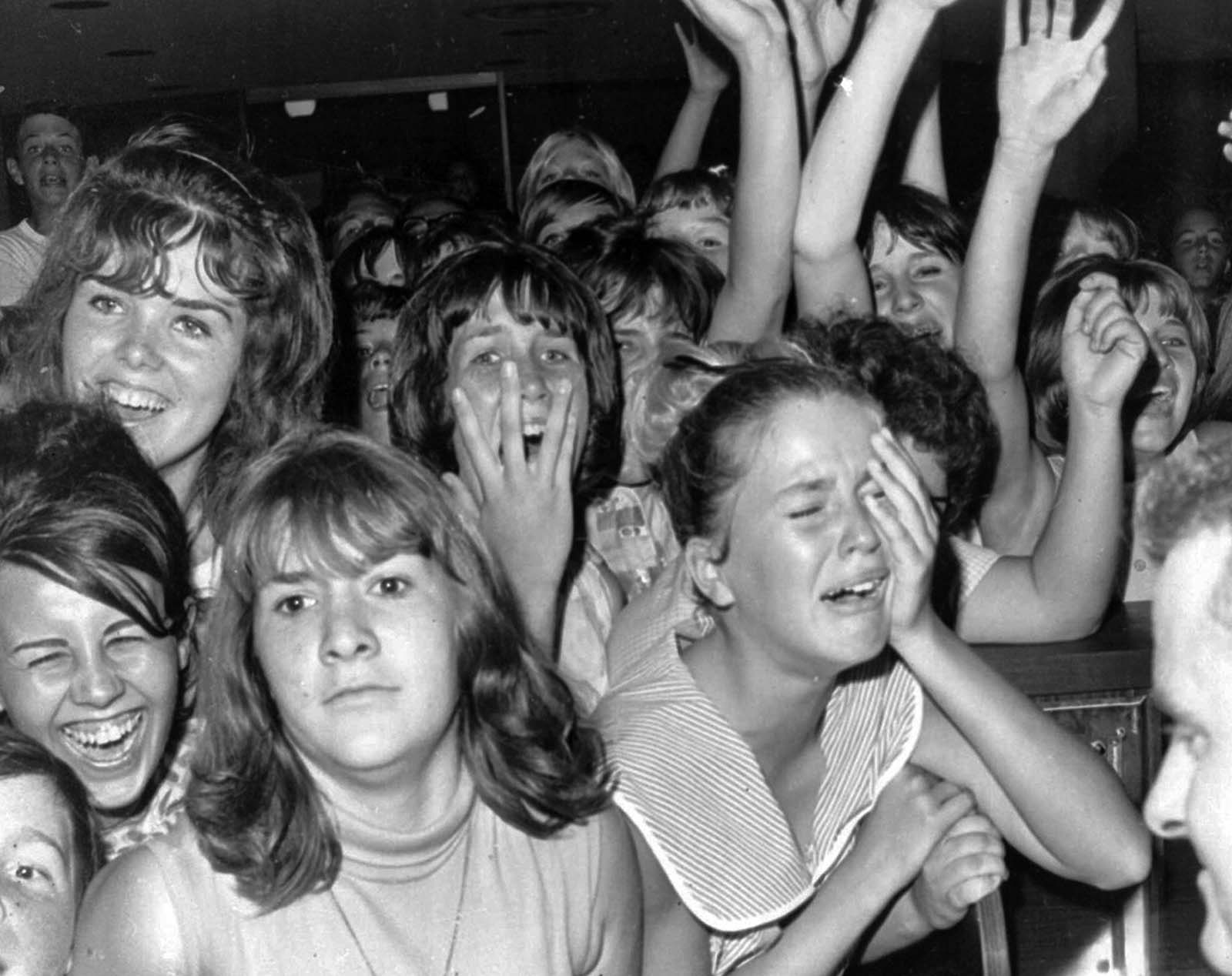
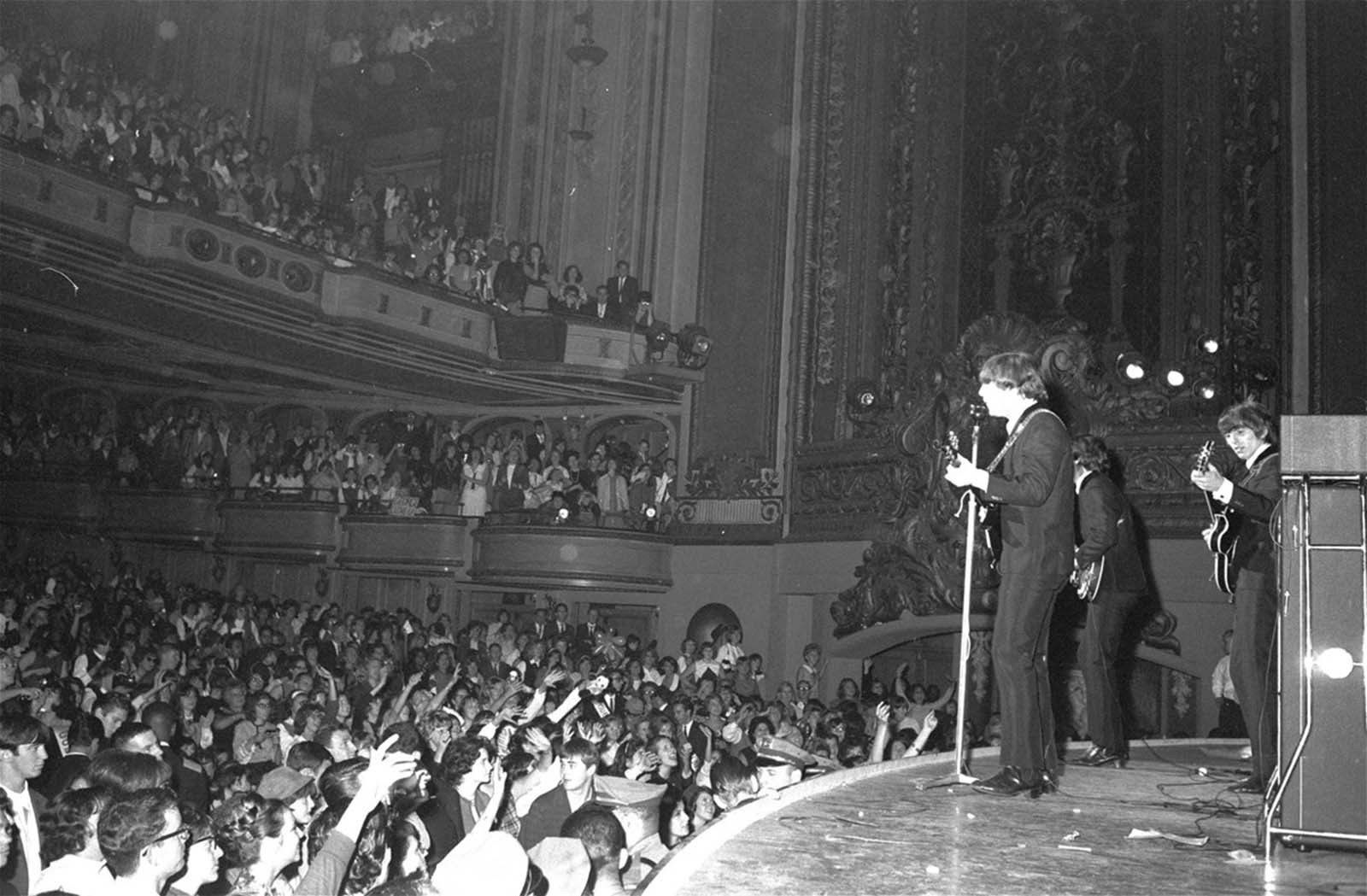
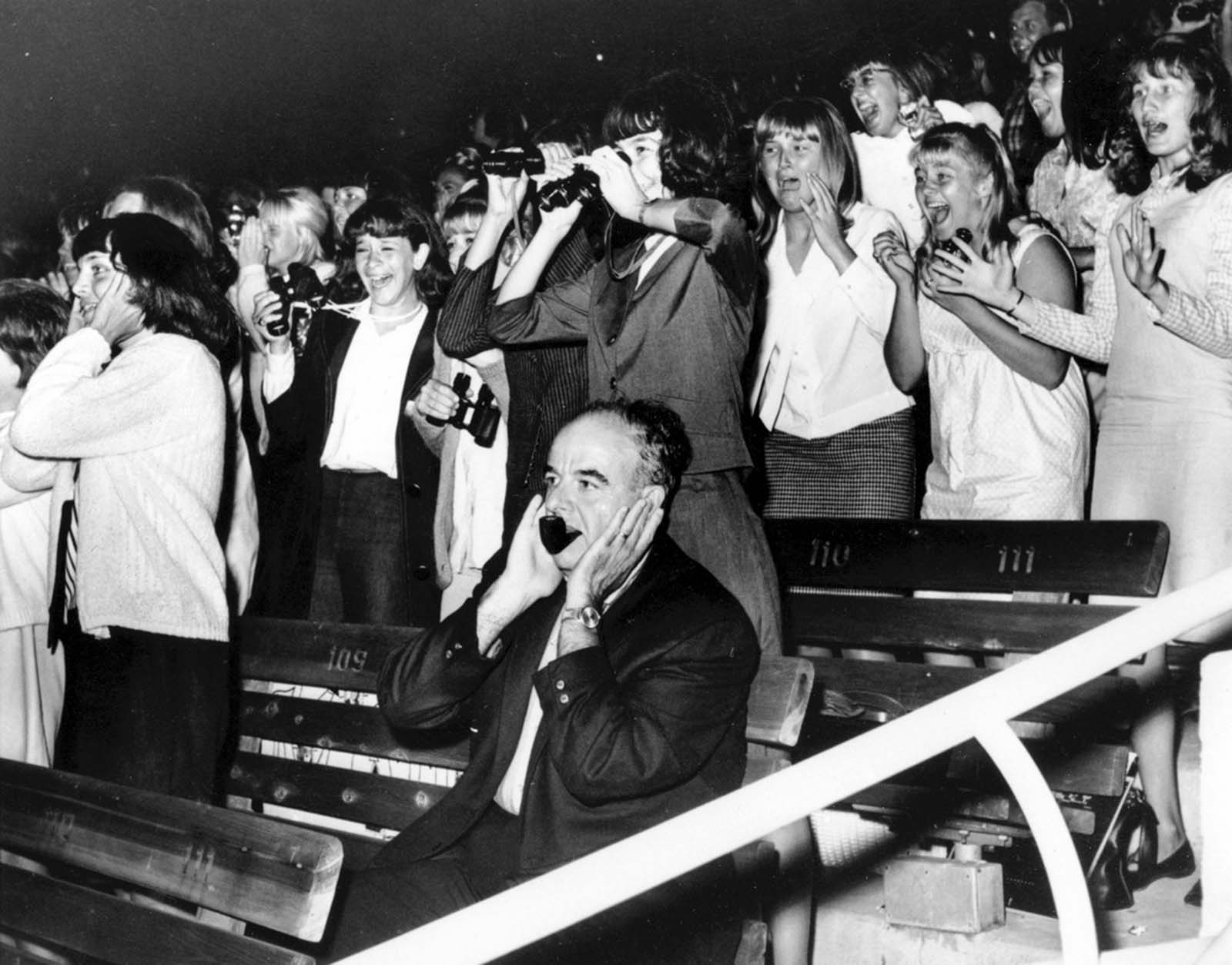
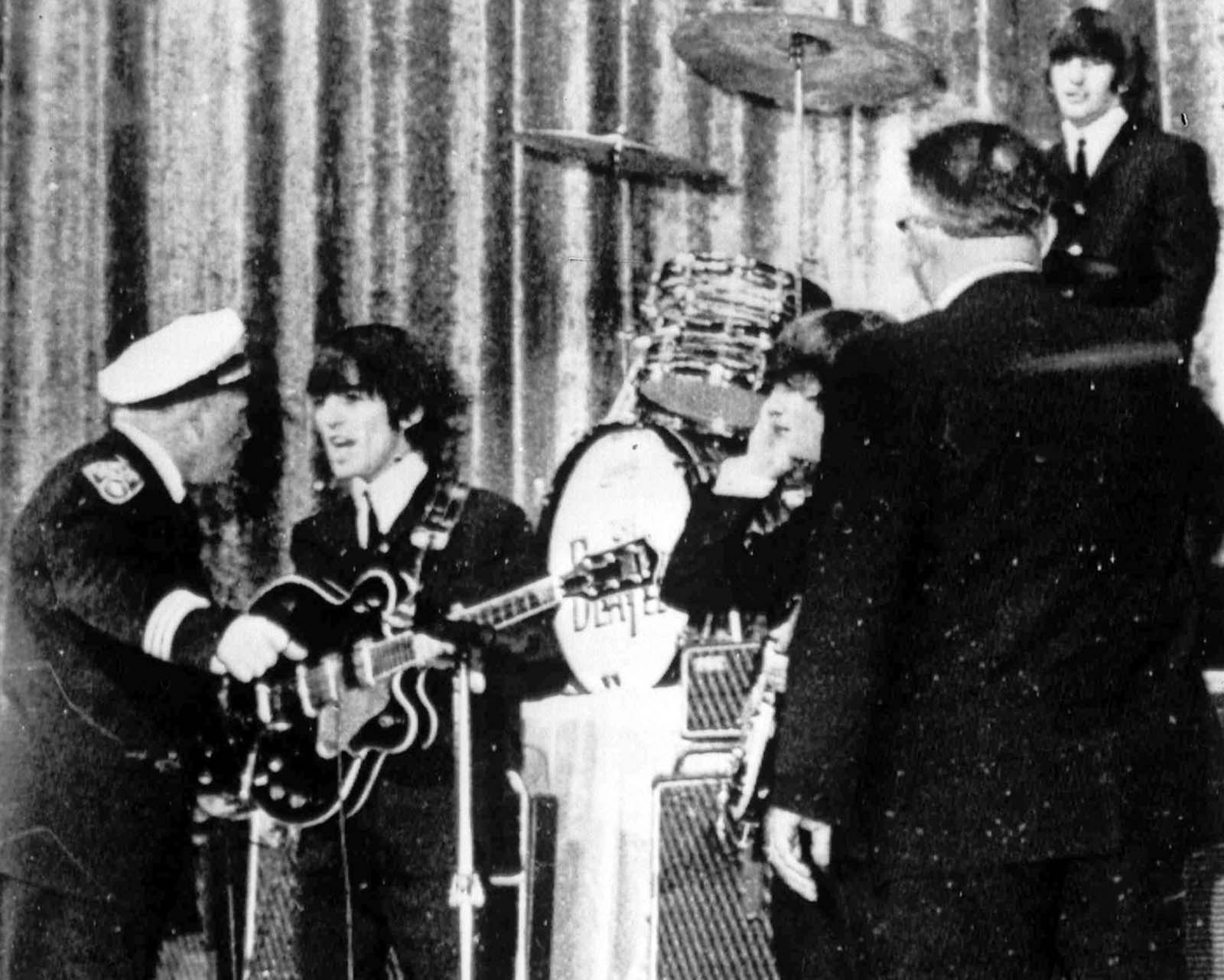
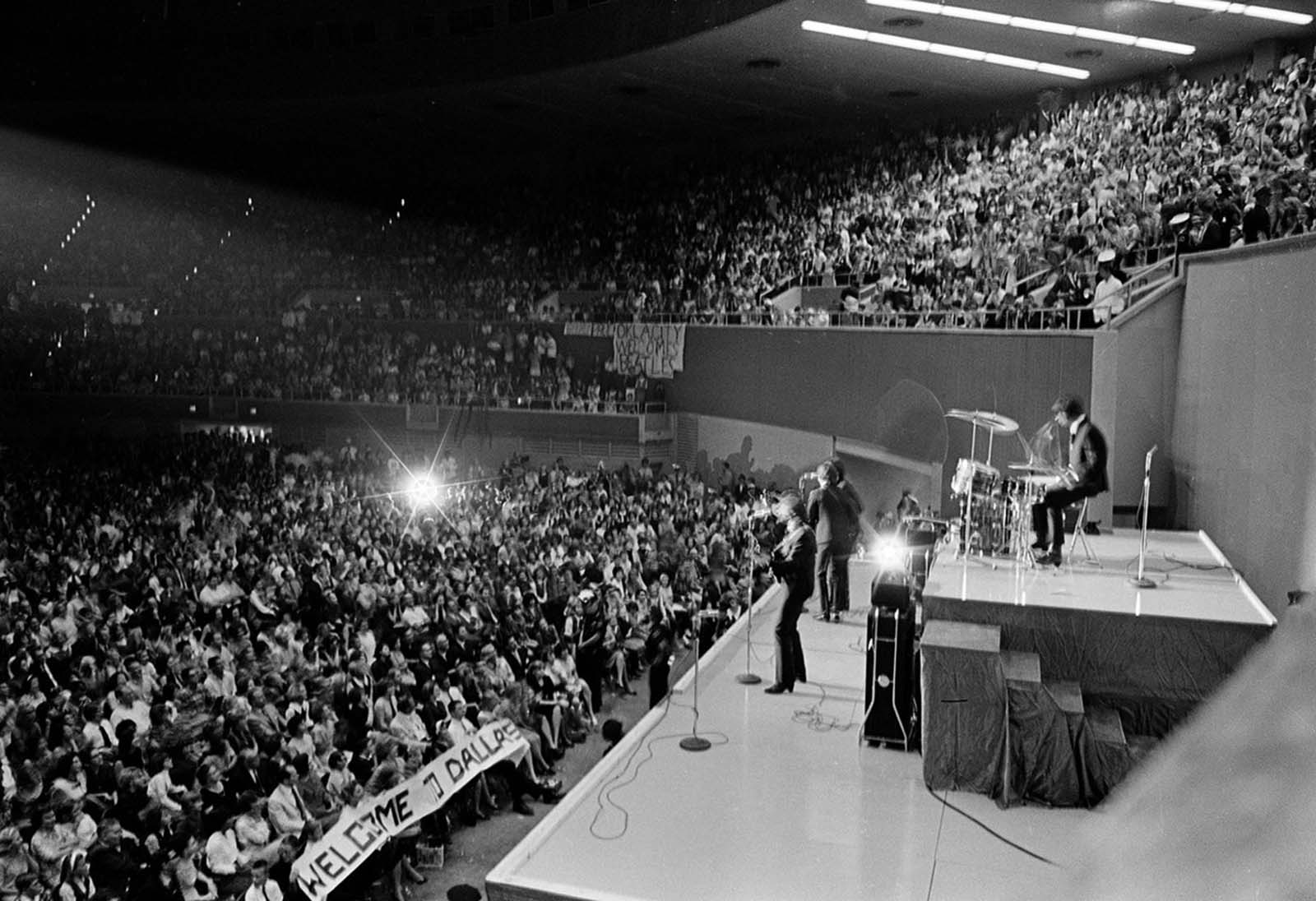
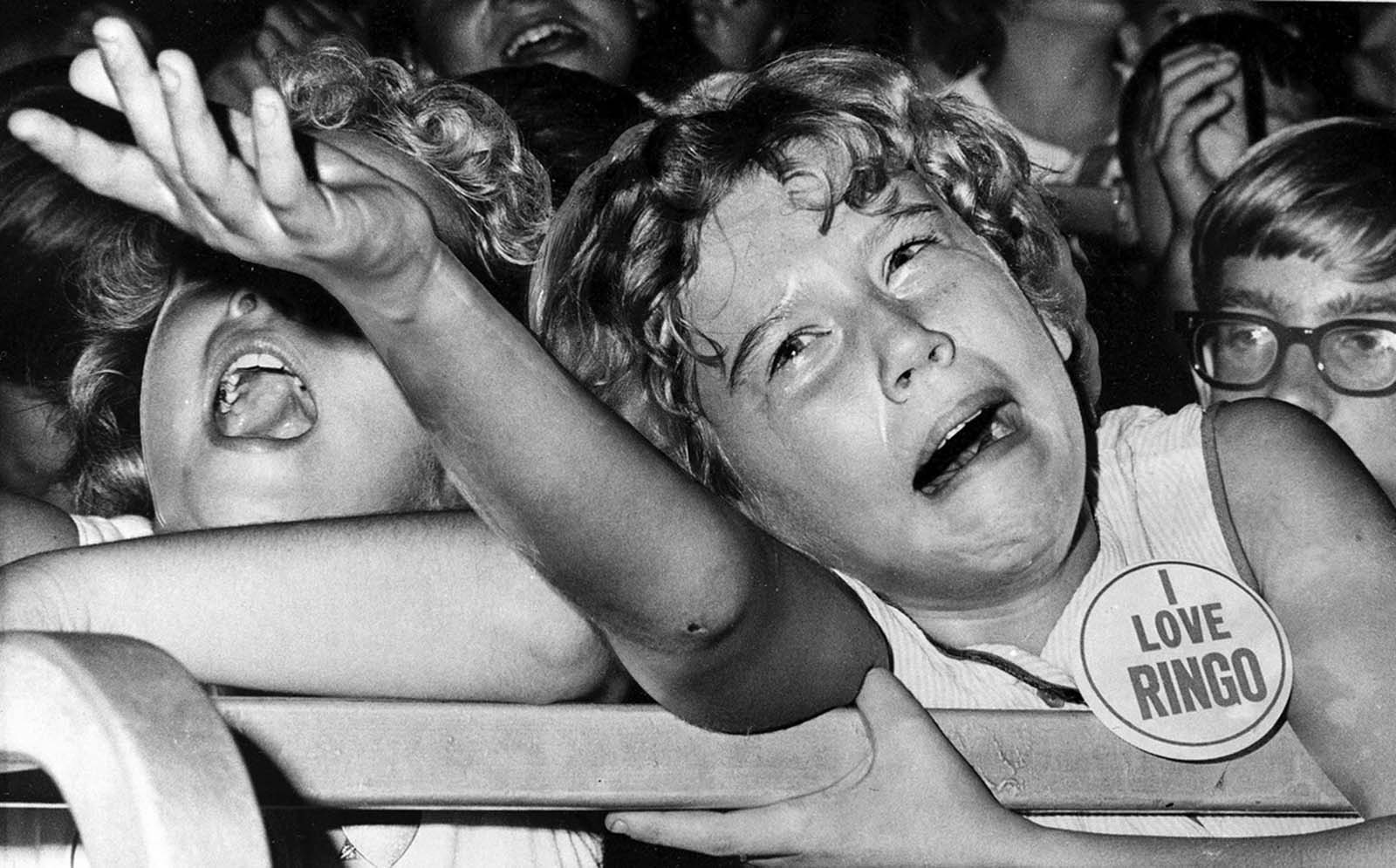
Video
Check out the video on The Beatles and Beatlemania in London, 1964 – it’s an exciting look at the height of their fame!
In conclusion, Beatlemania wasn’t just a fleeting moment of excitement—it was a cultural phenomenon that left an indelible mark on the music industry and the world at large. The Beatles didn’t just create music; they created a movement. Their impact continues to echo through the years, proving that true legends never fade away.
